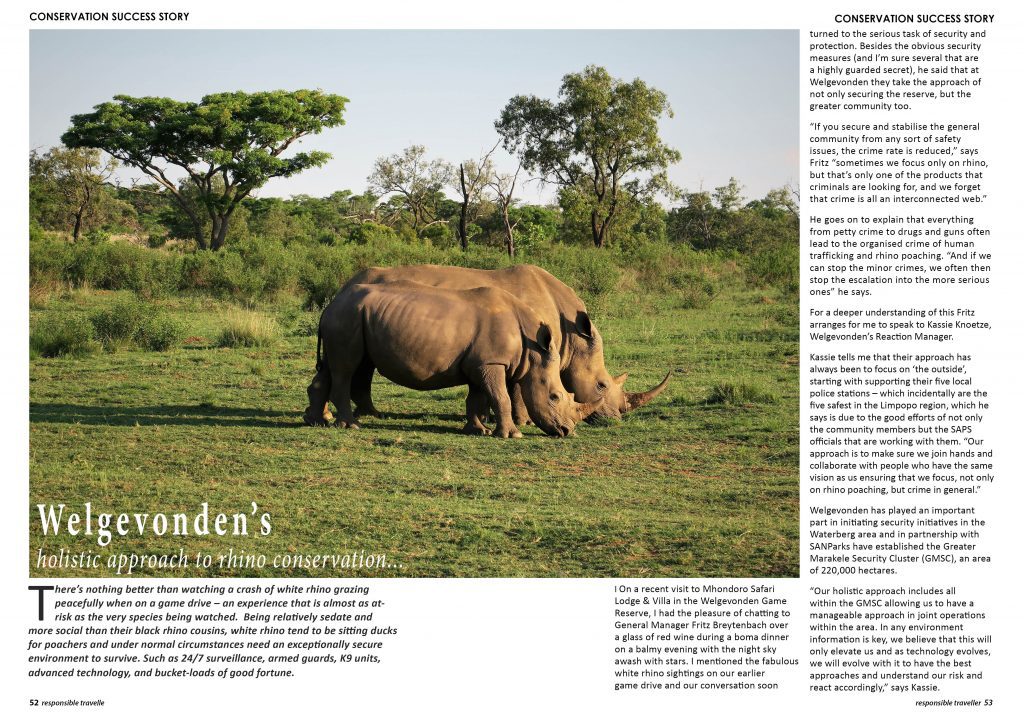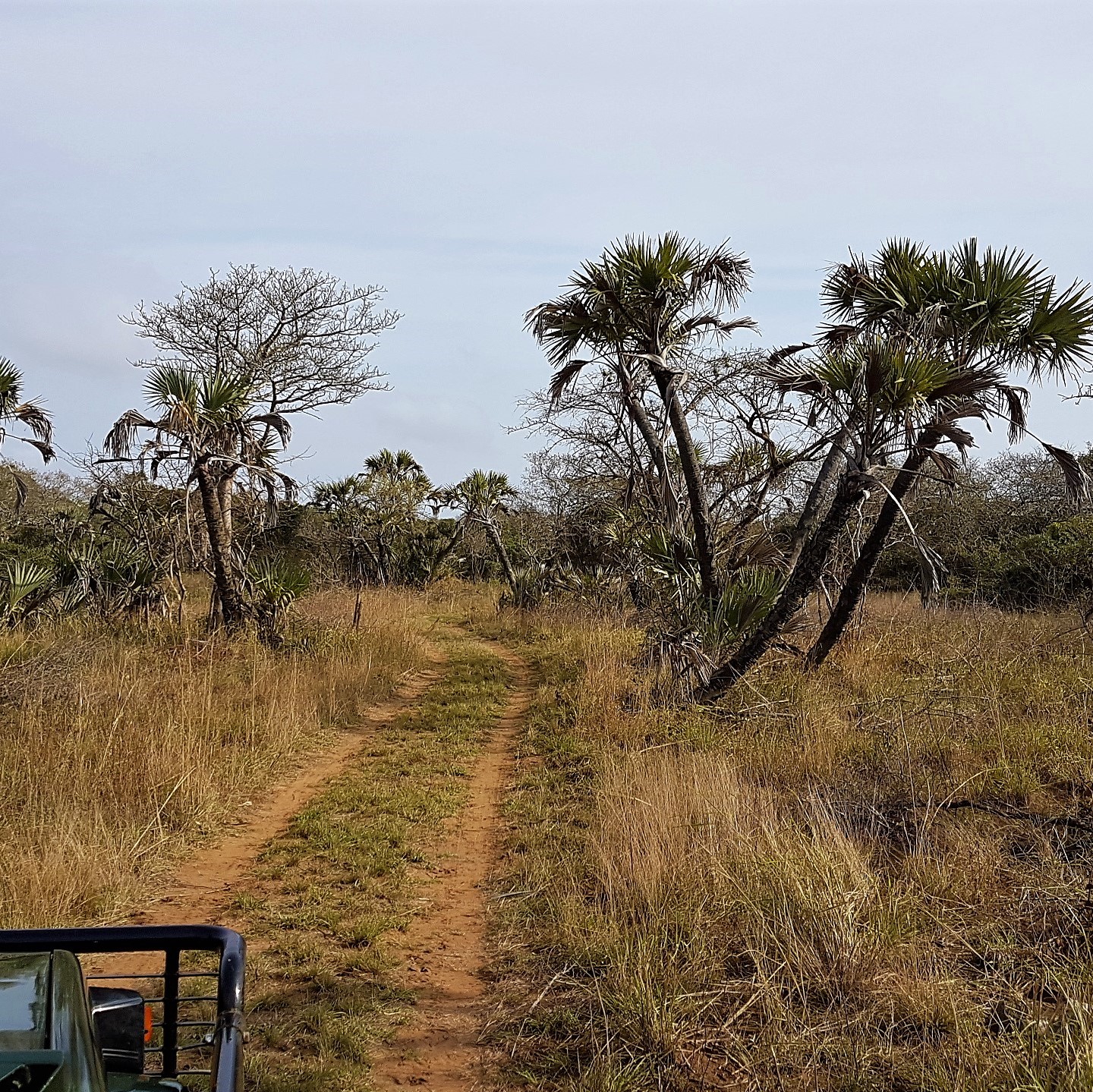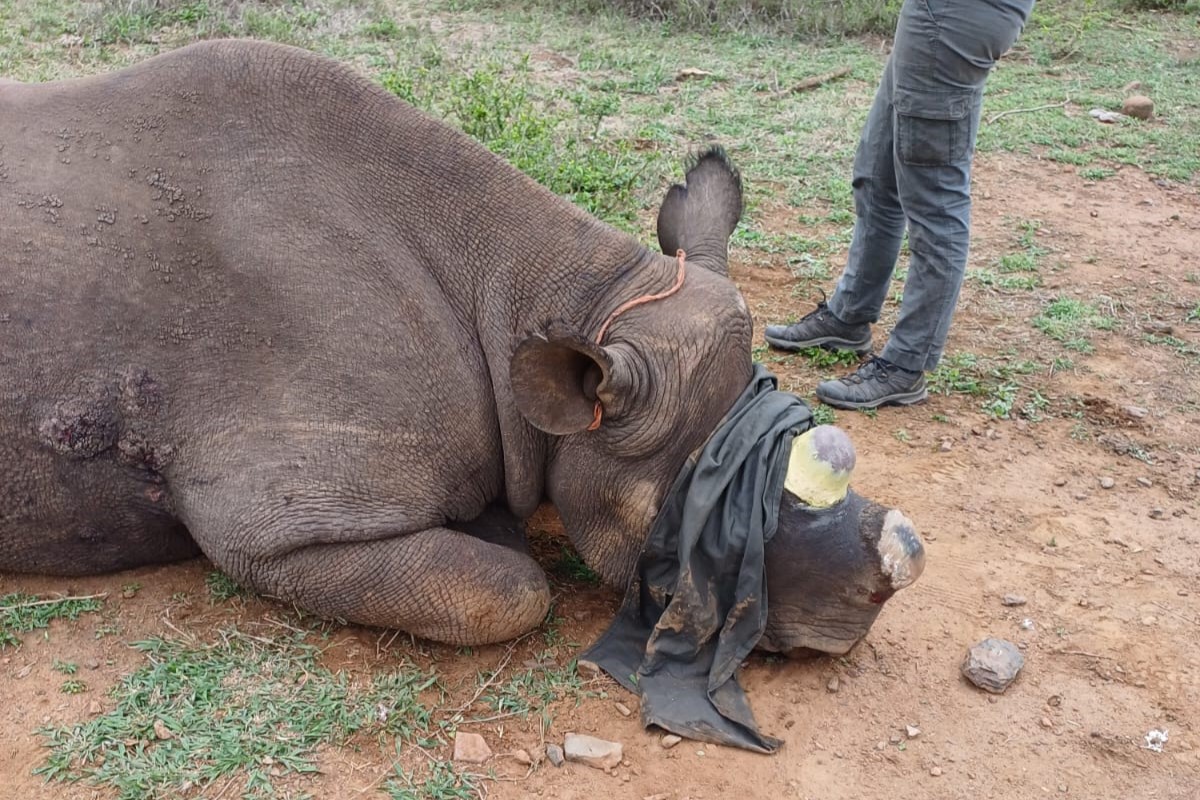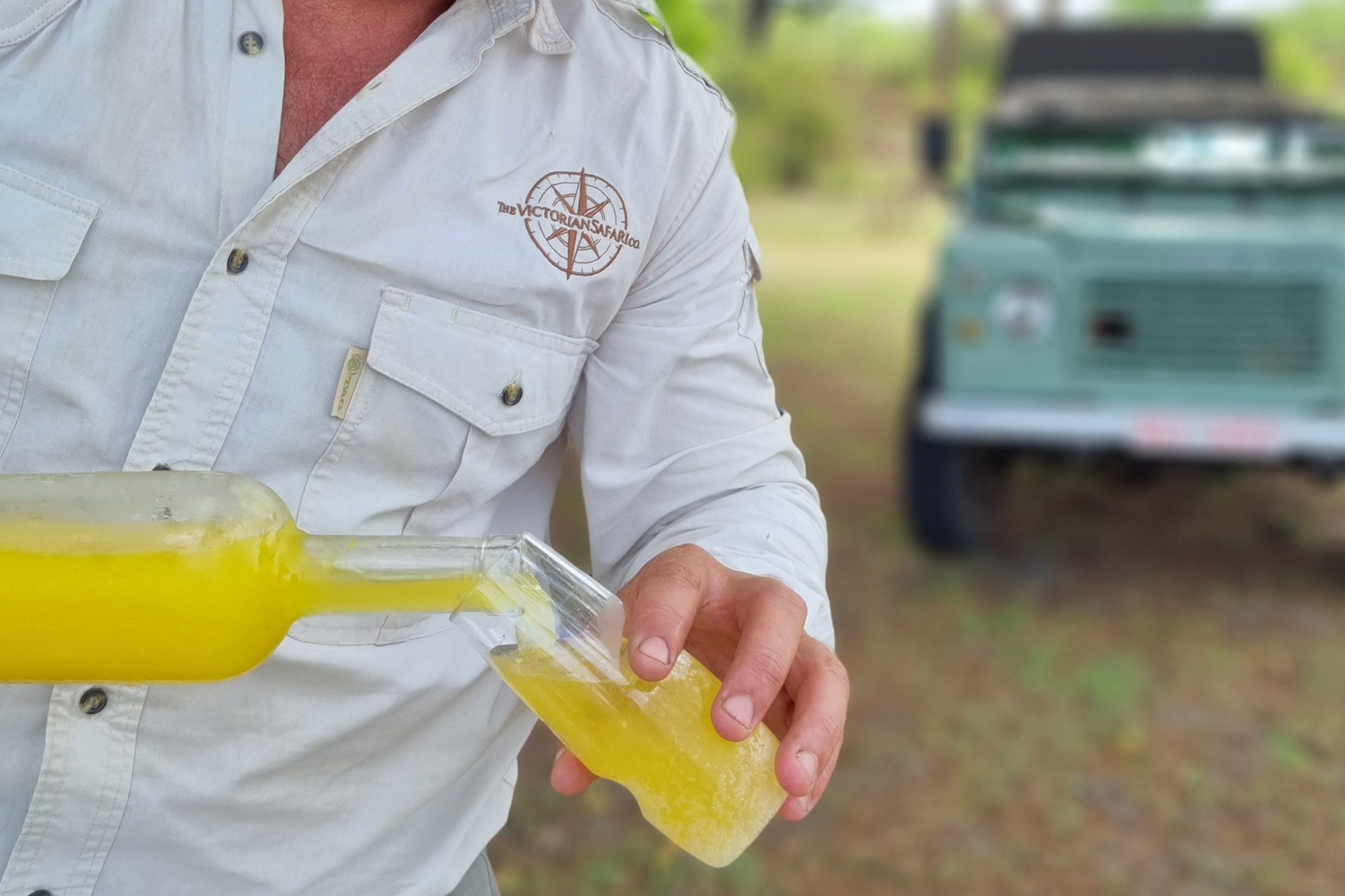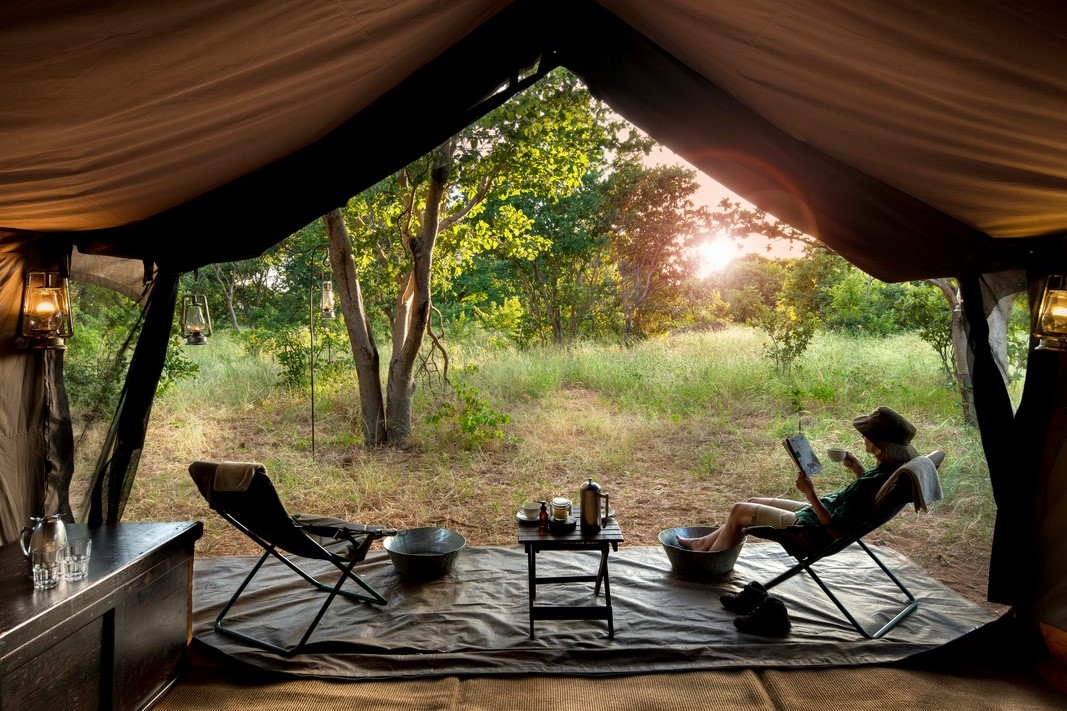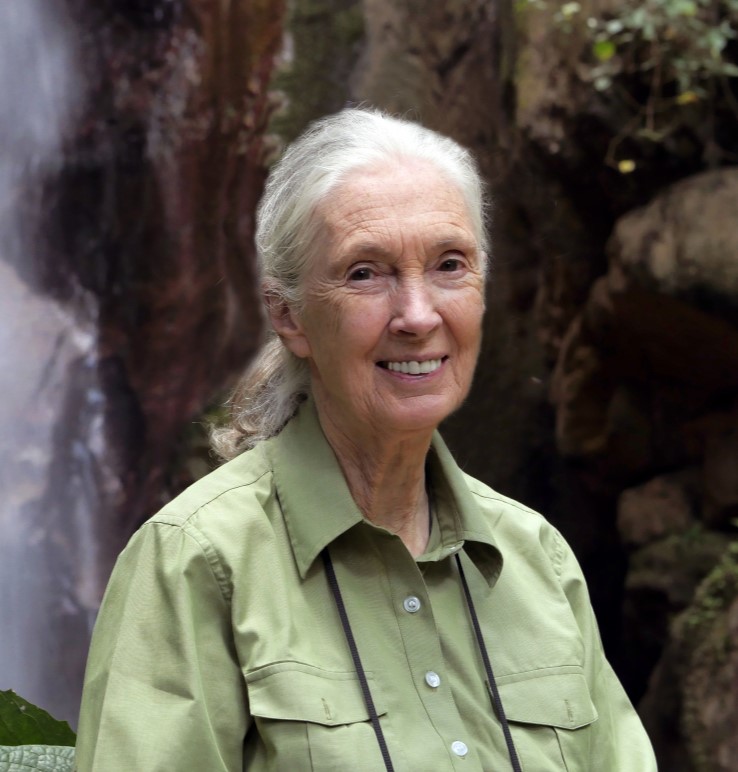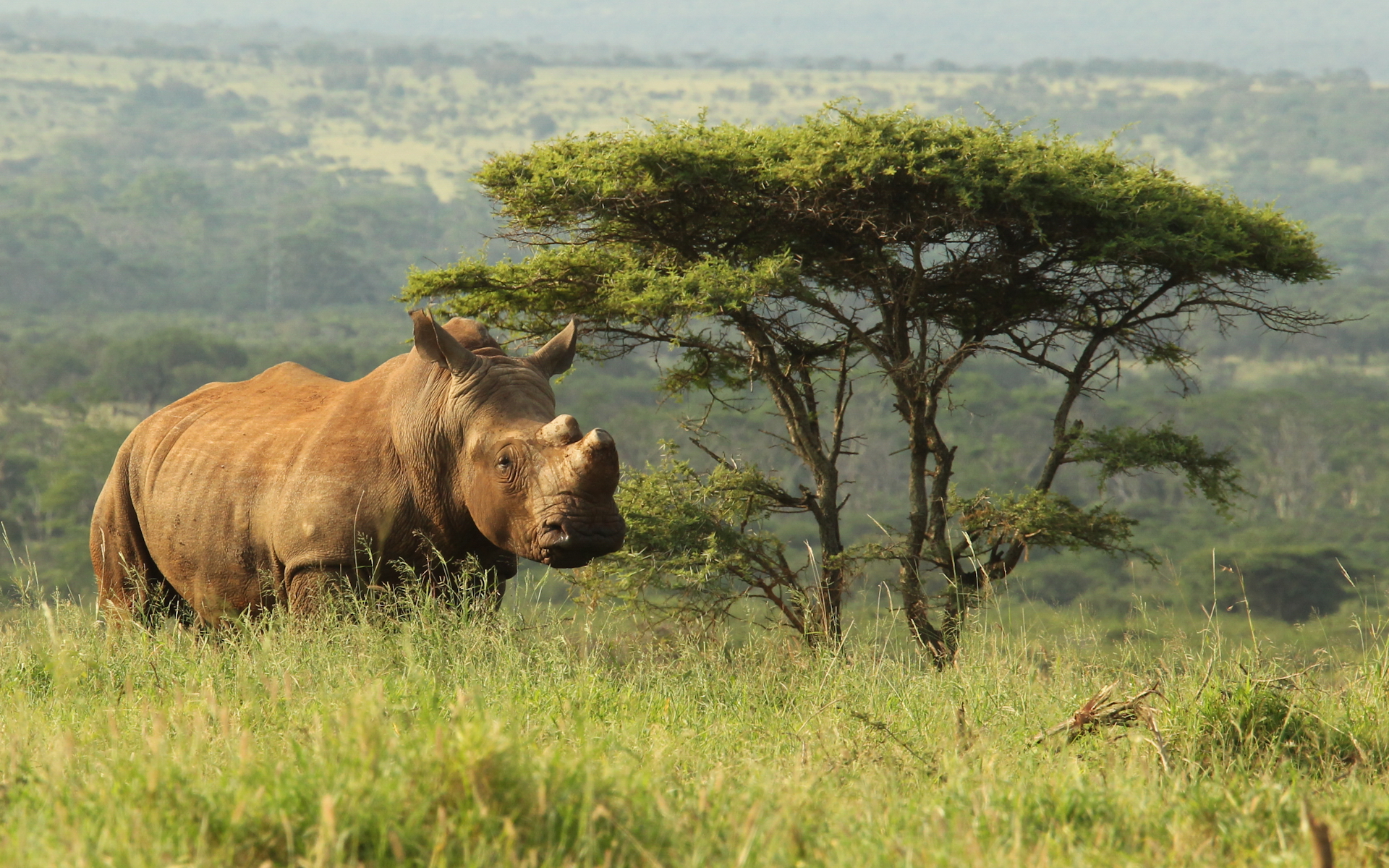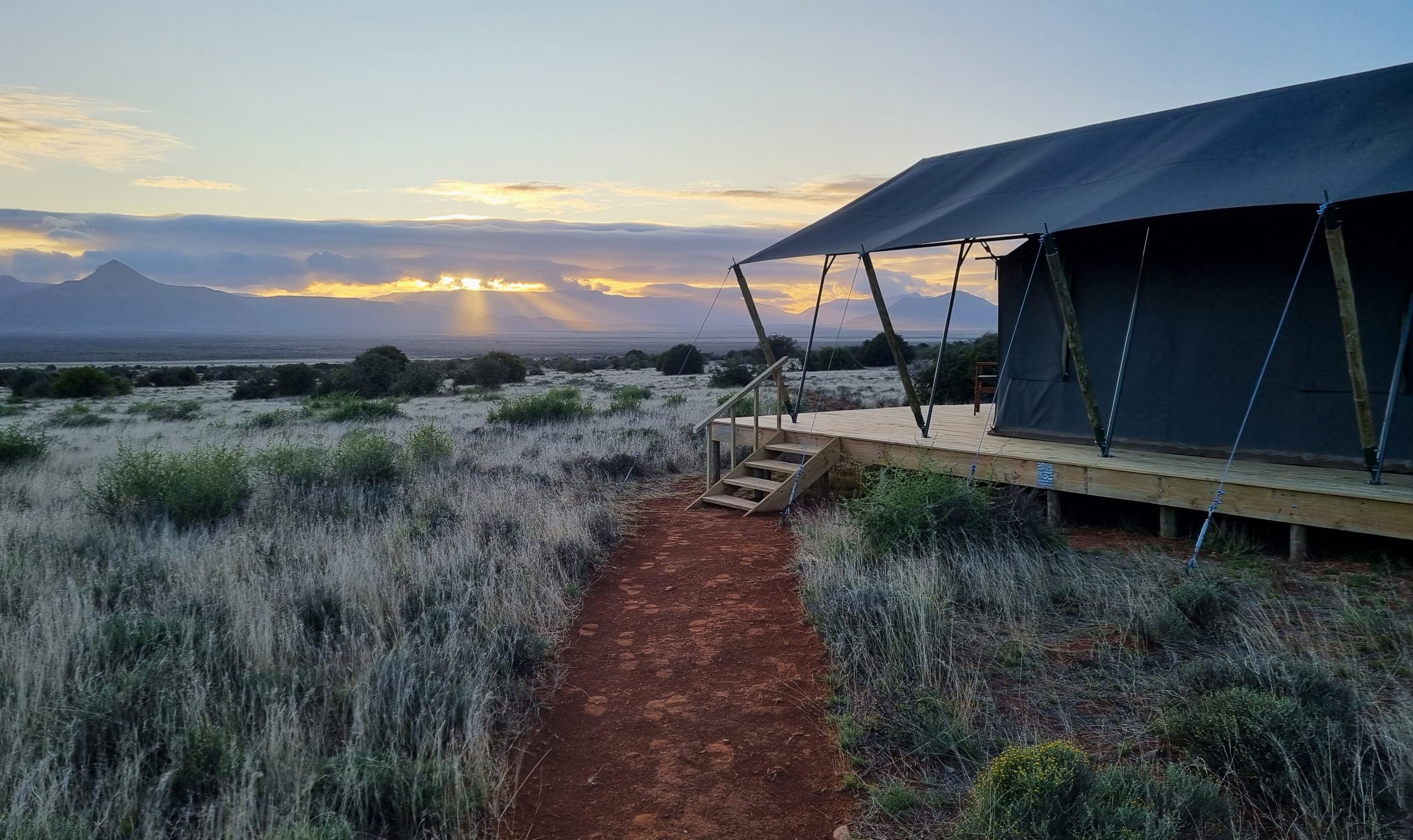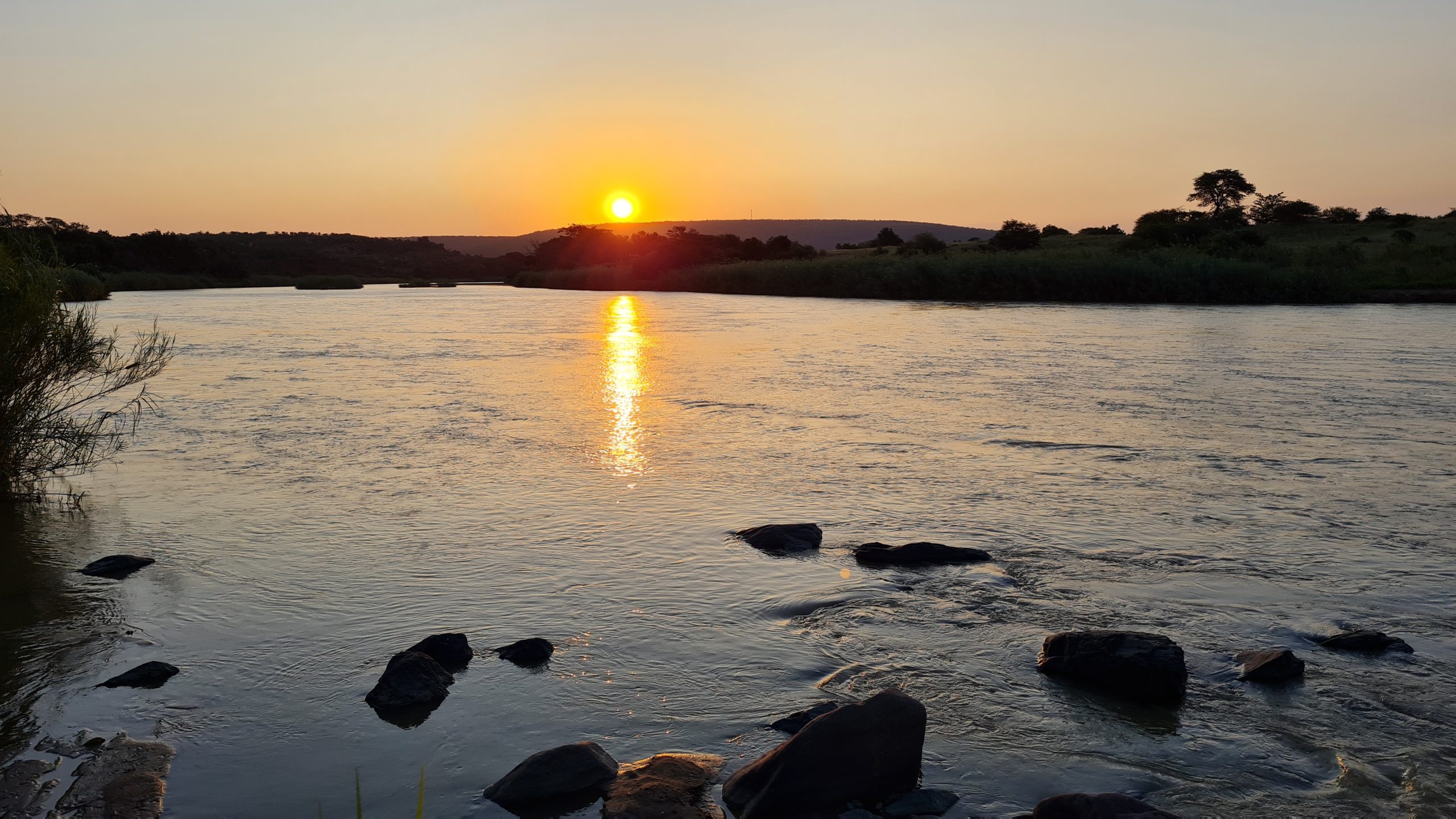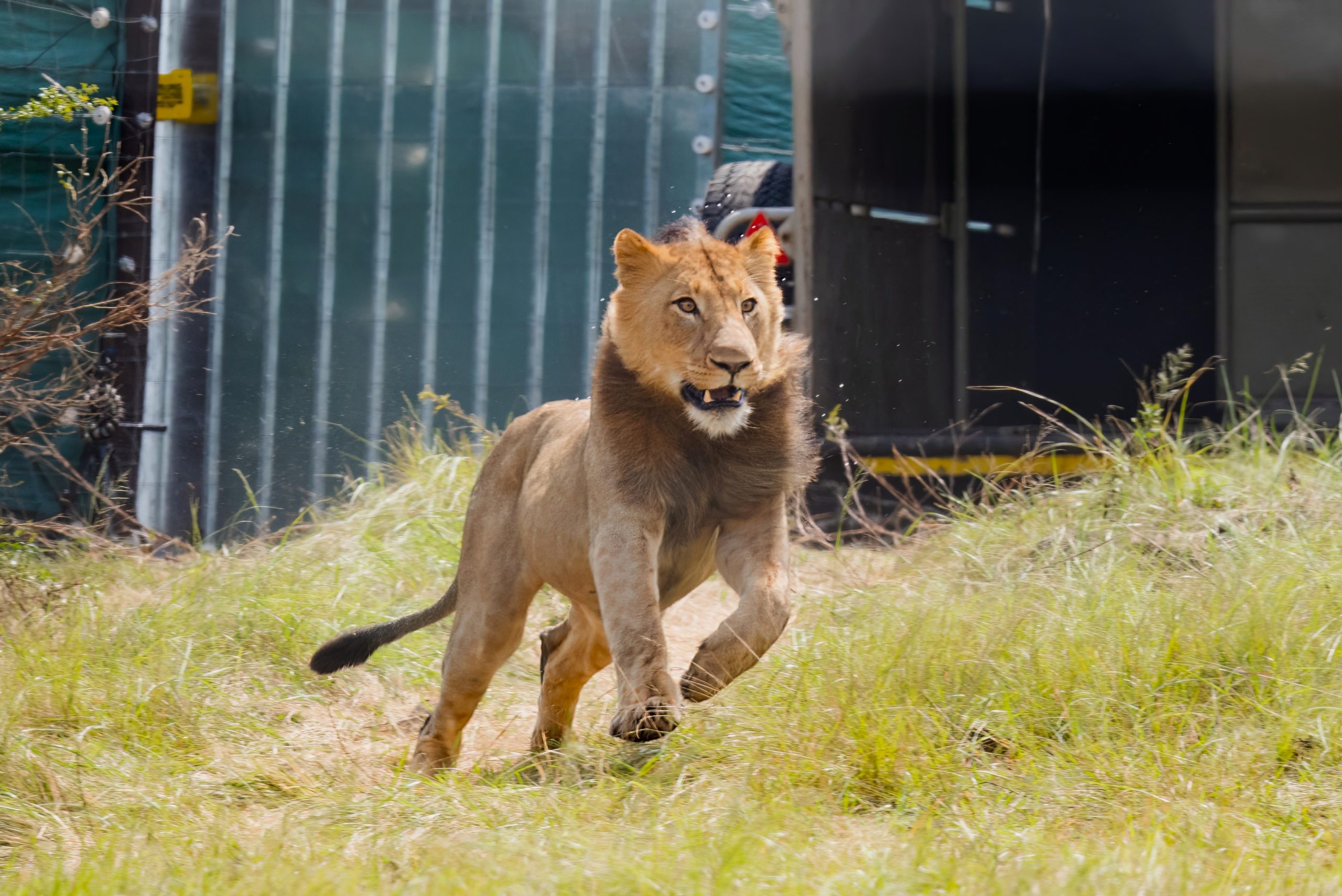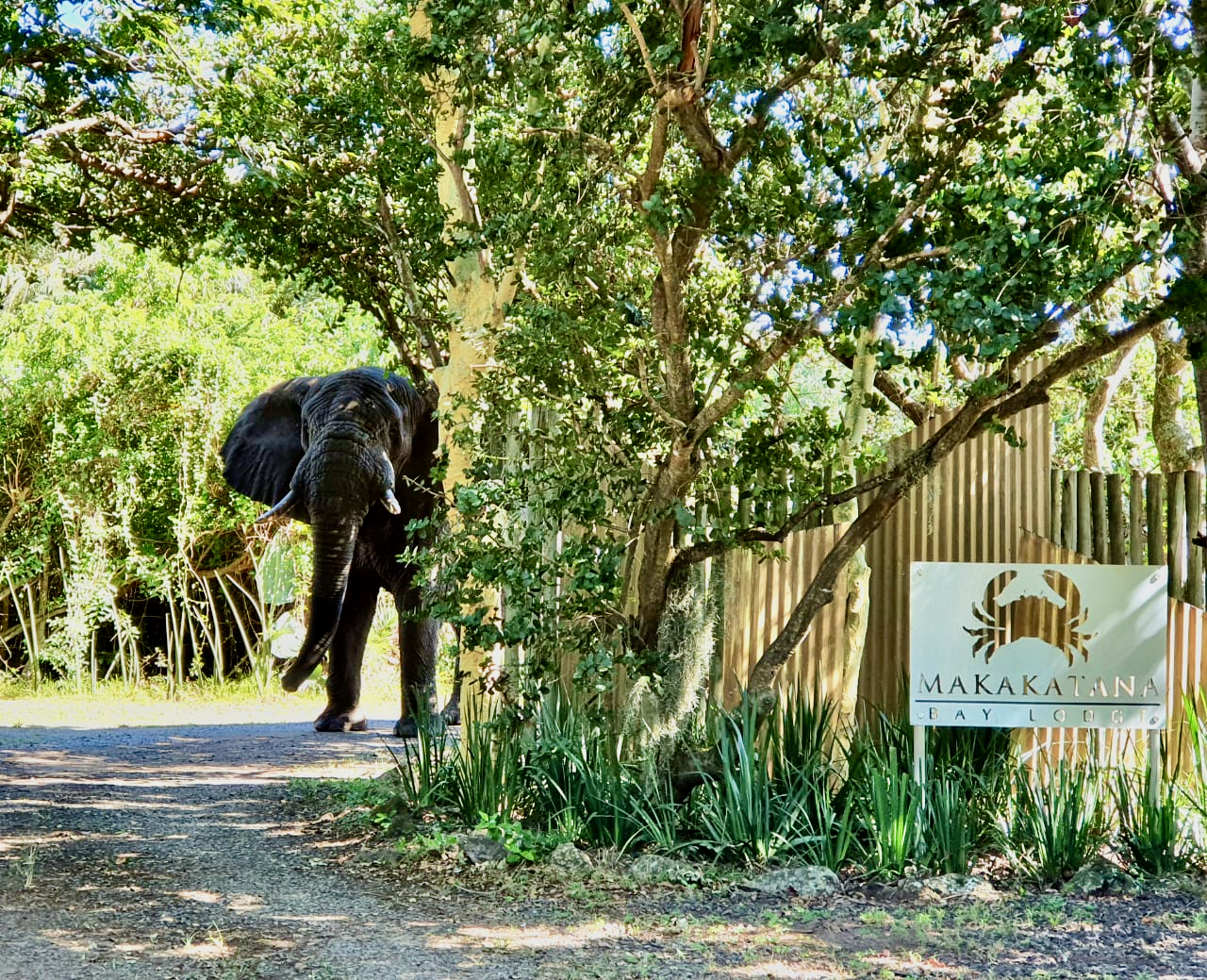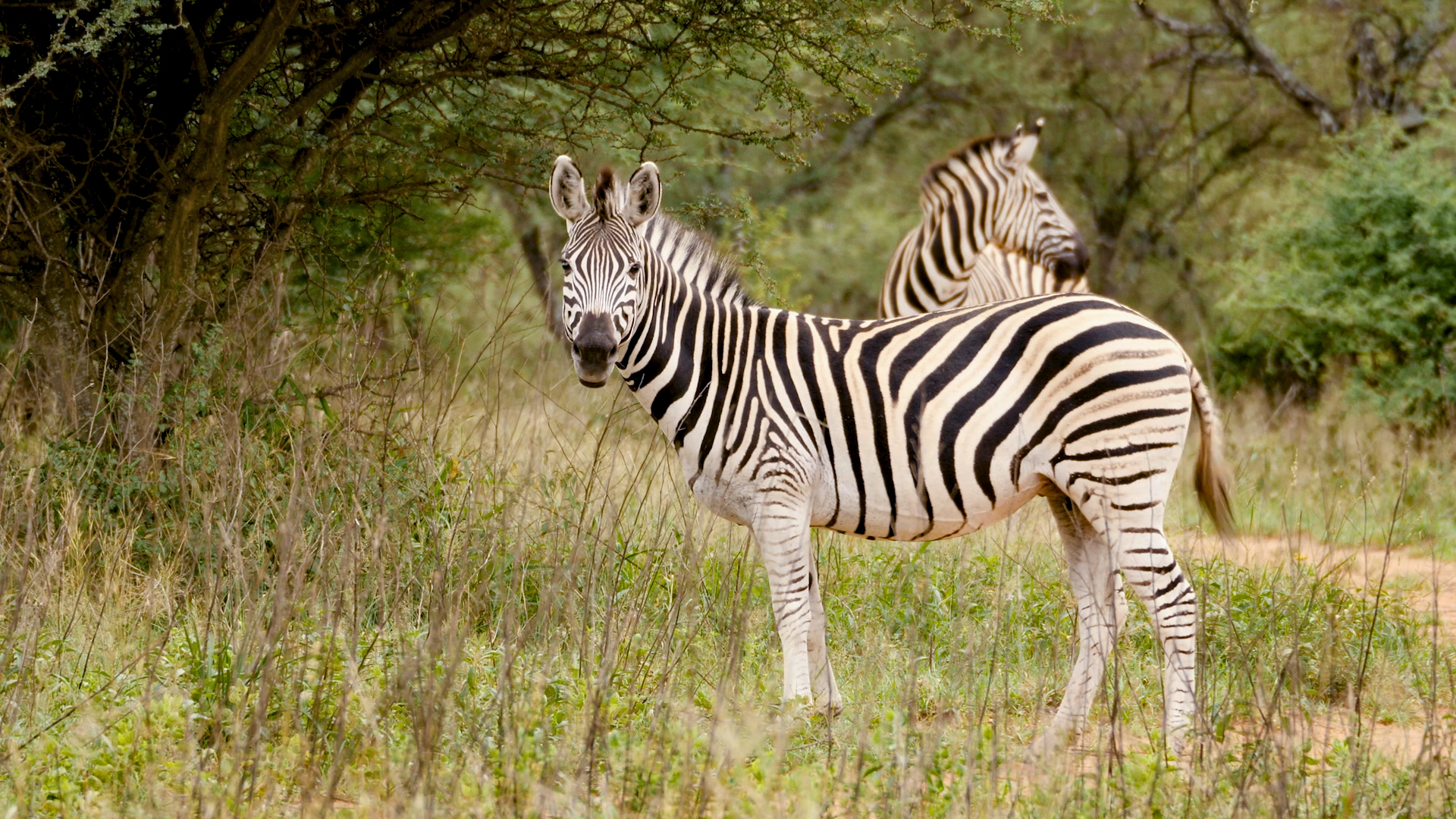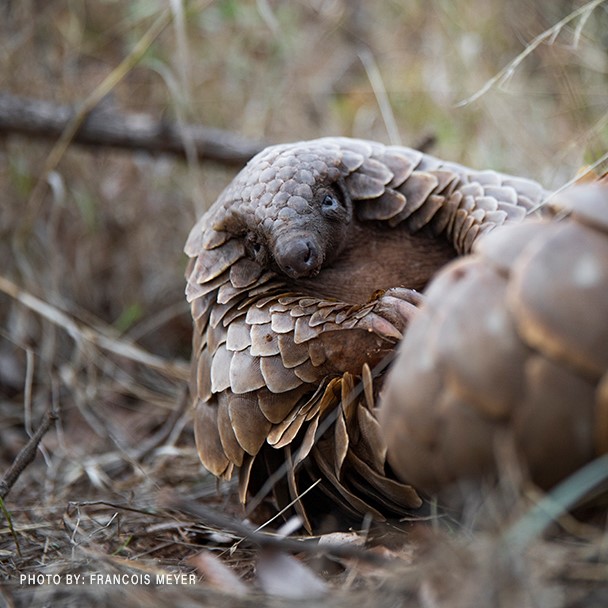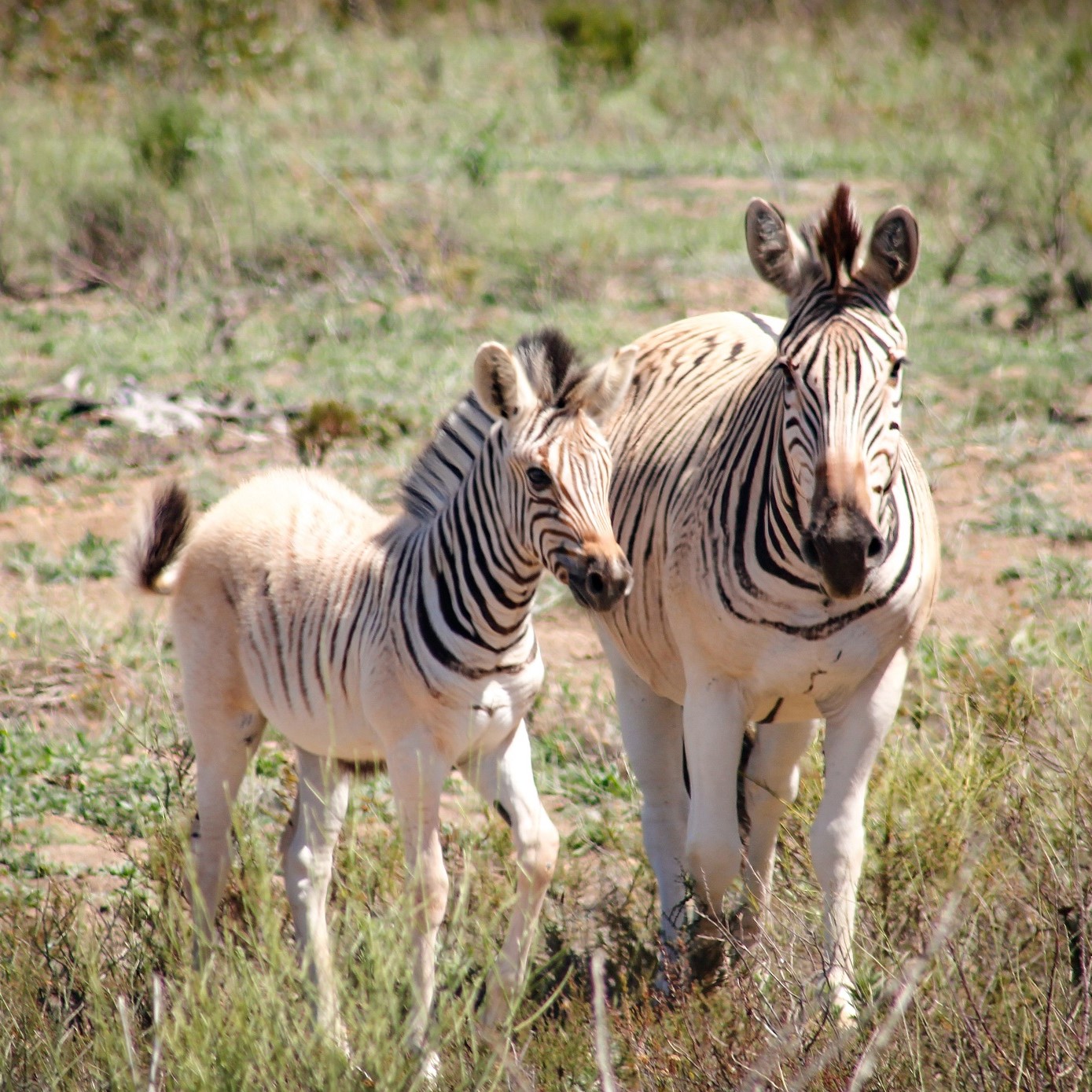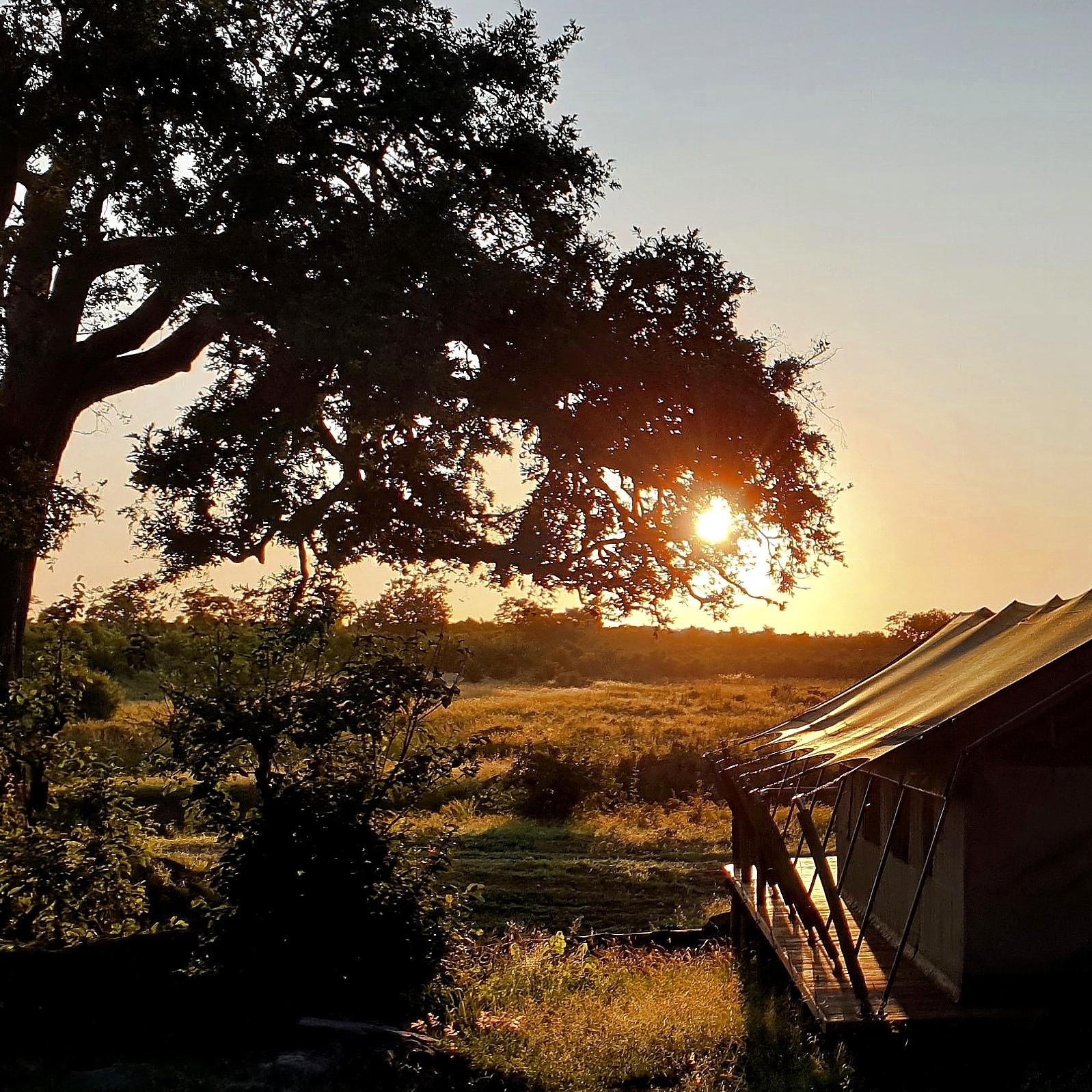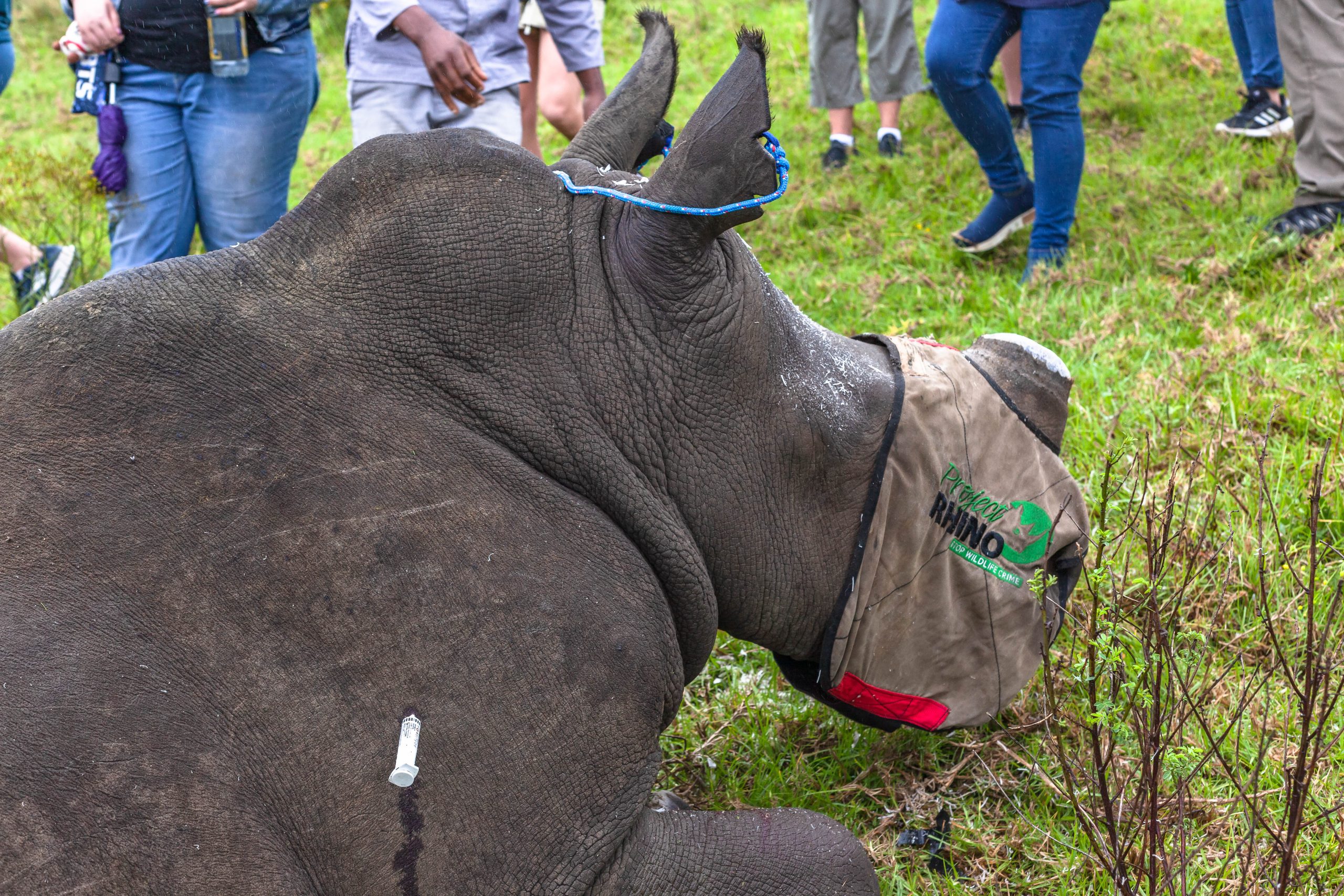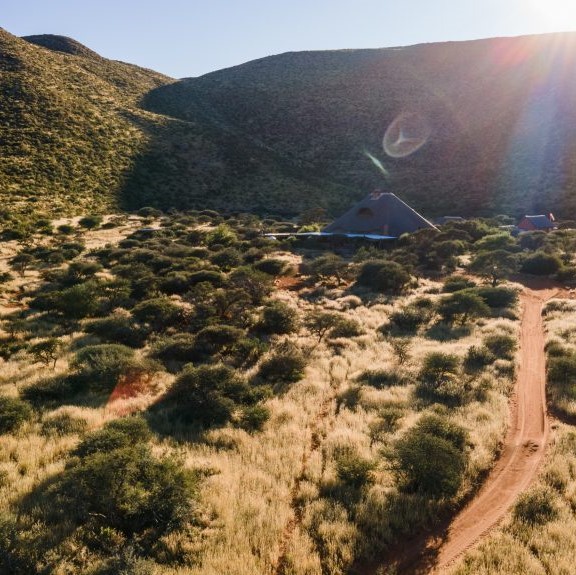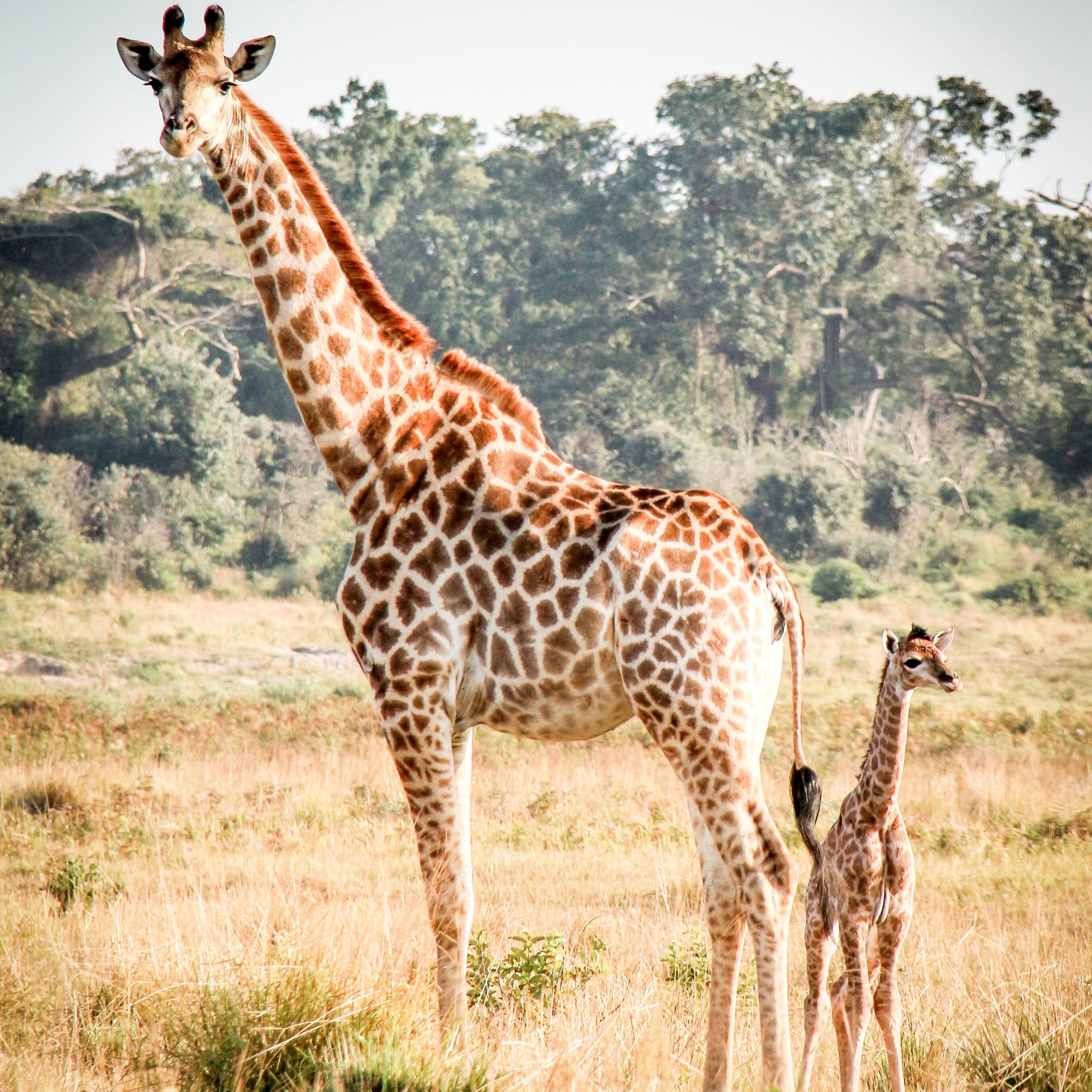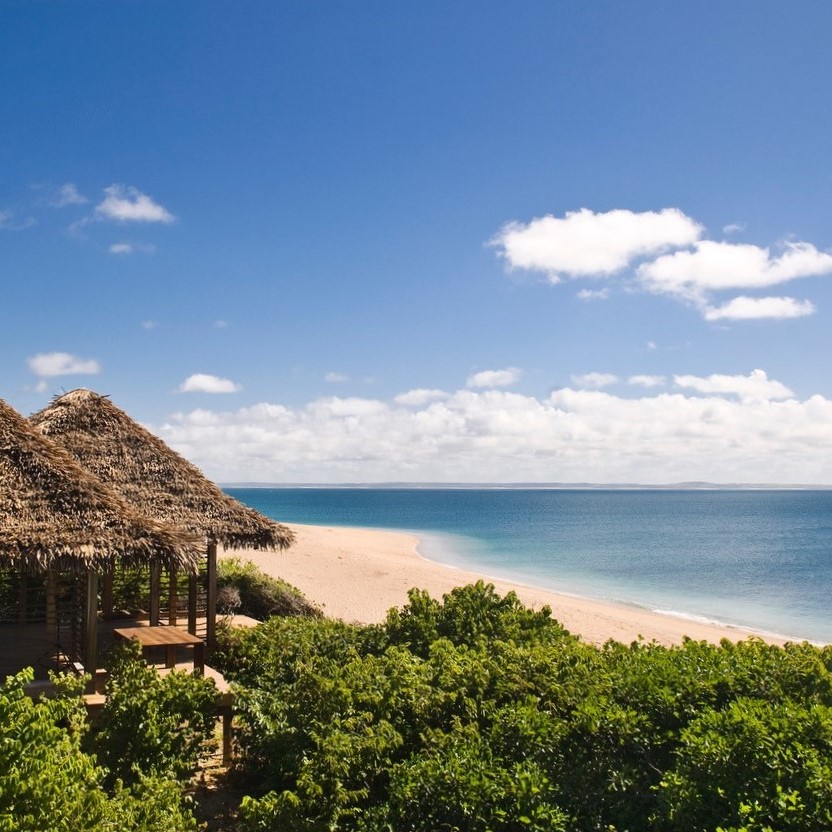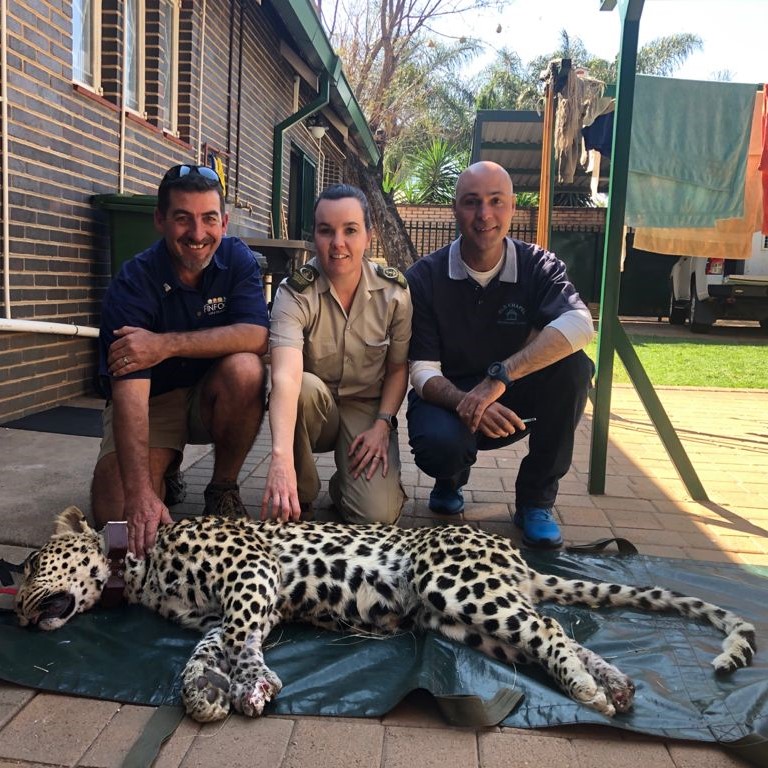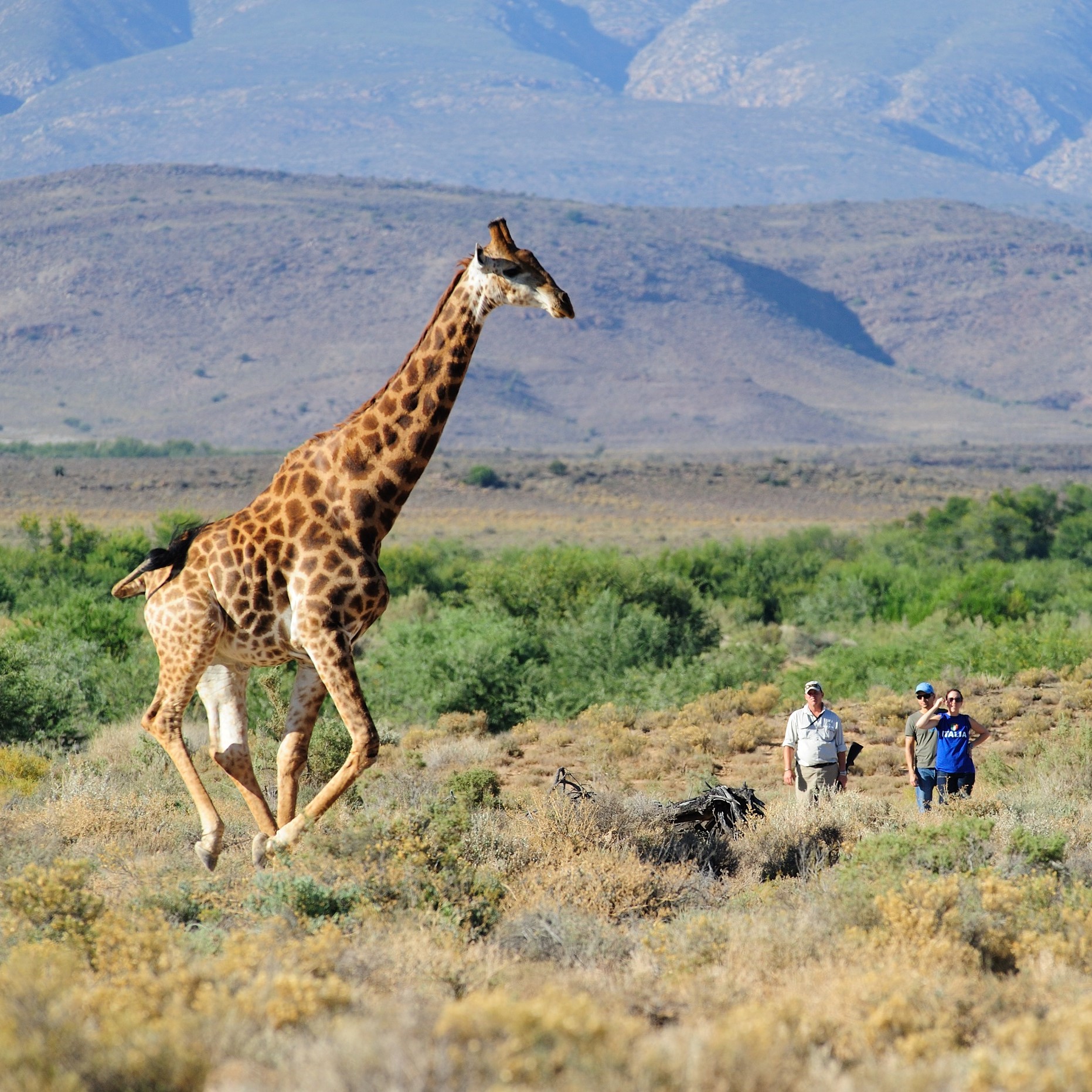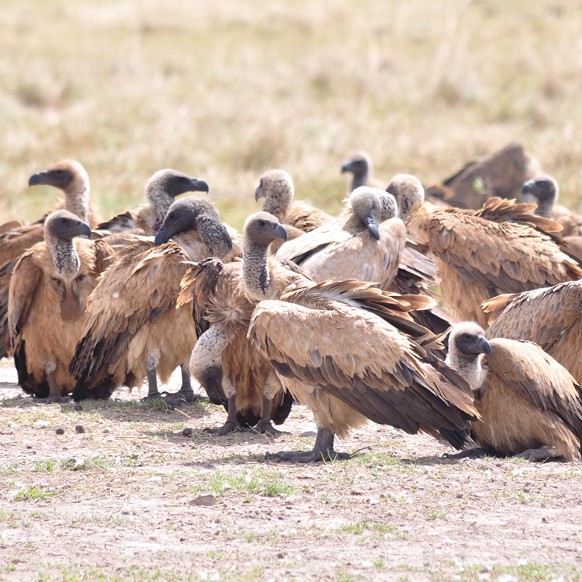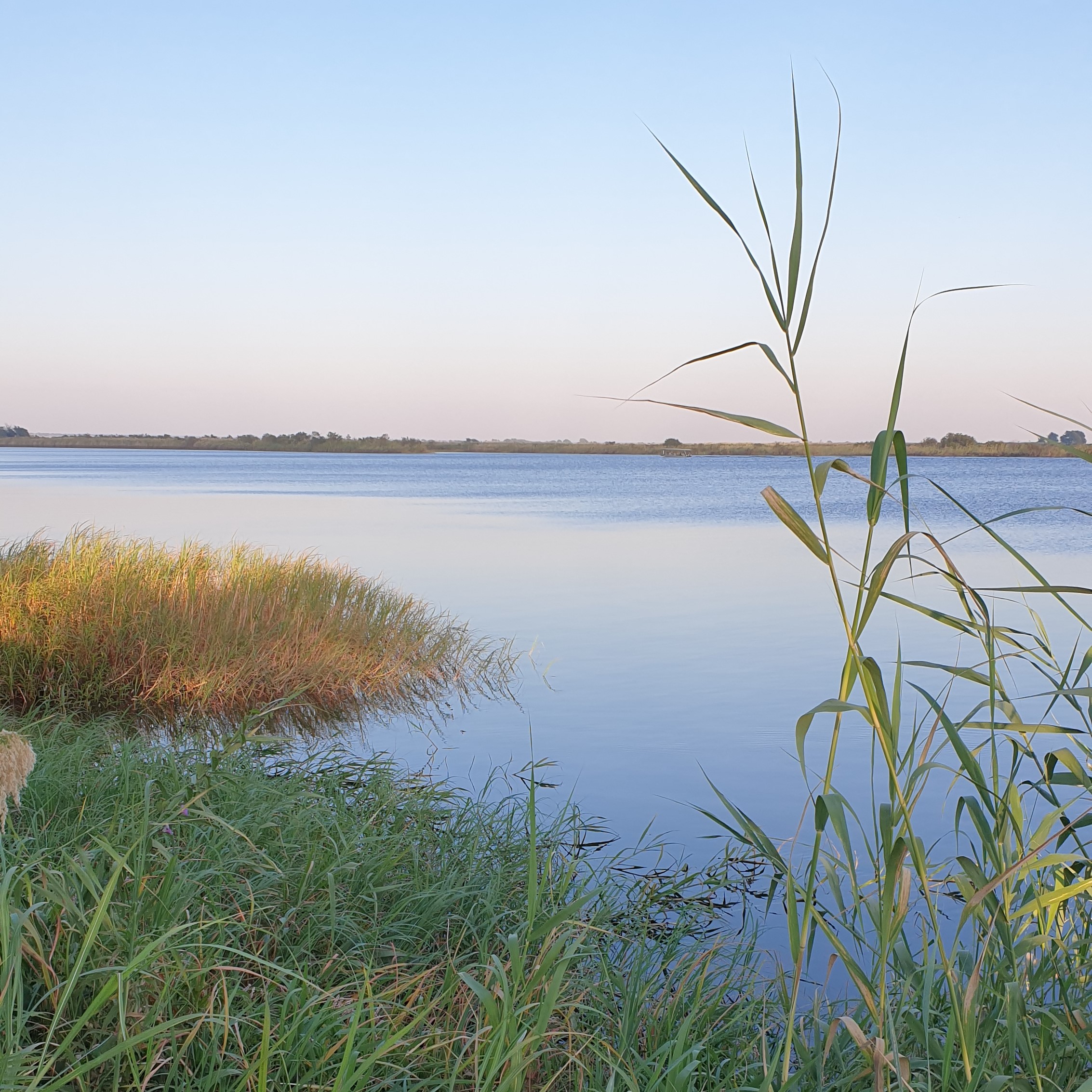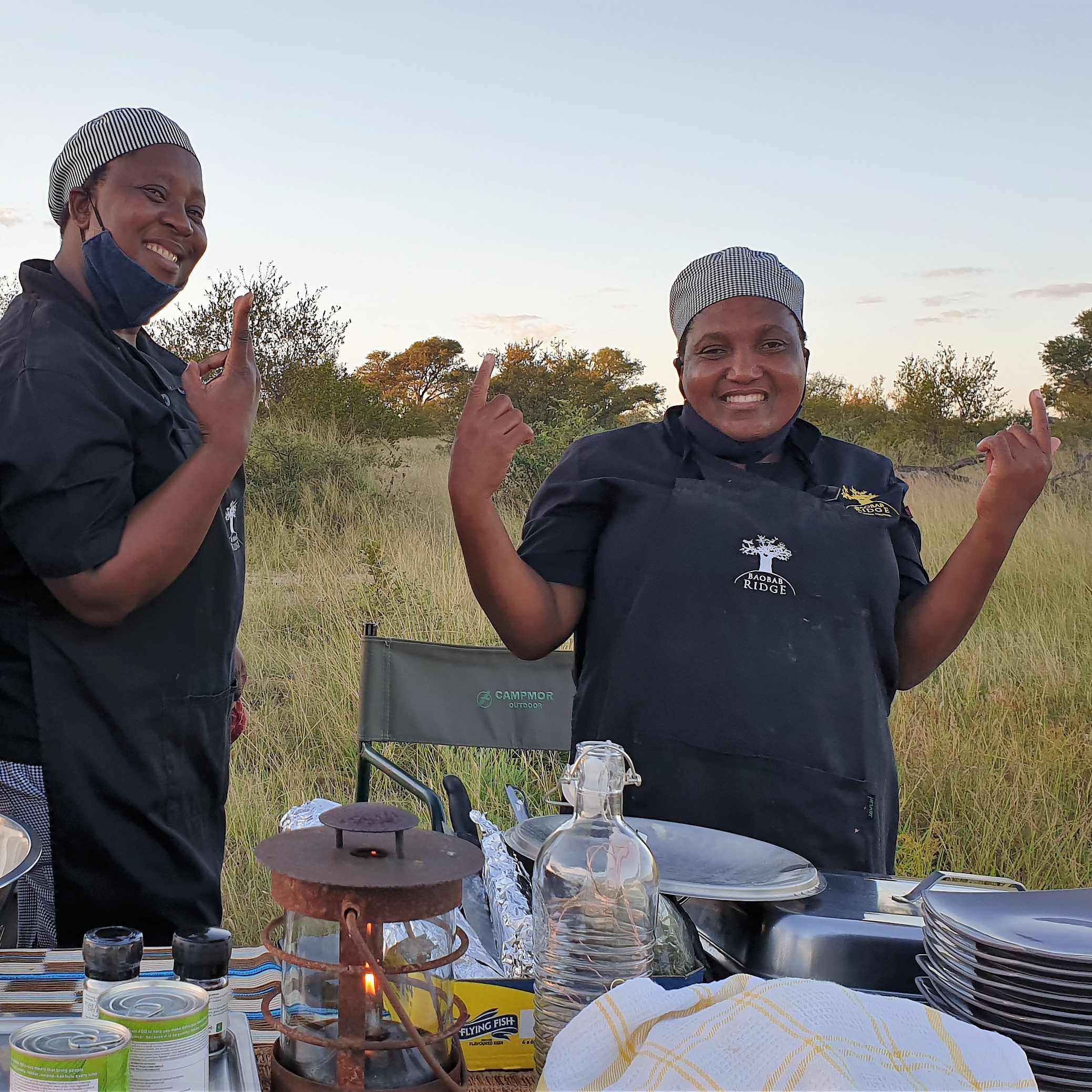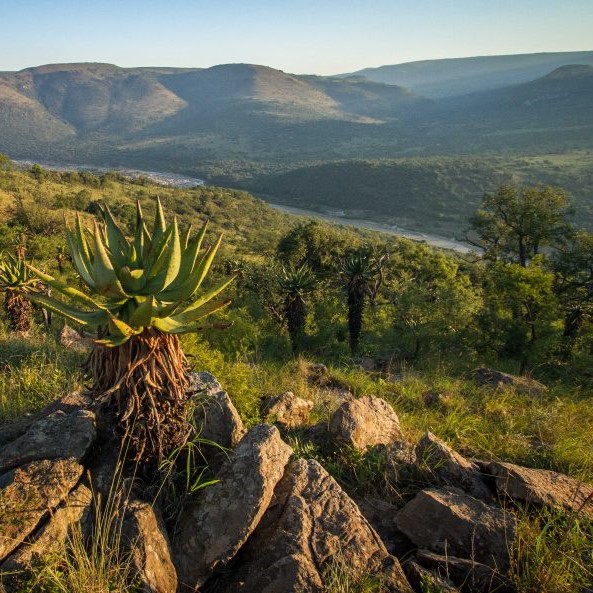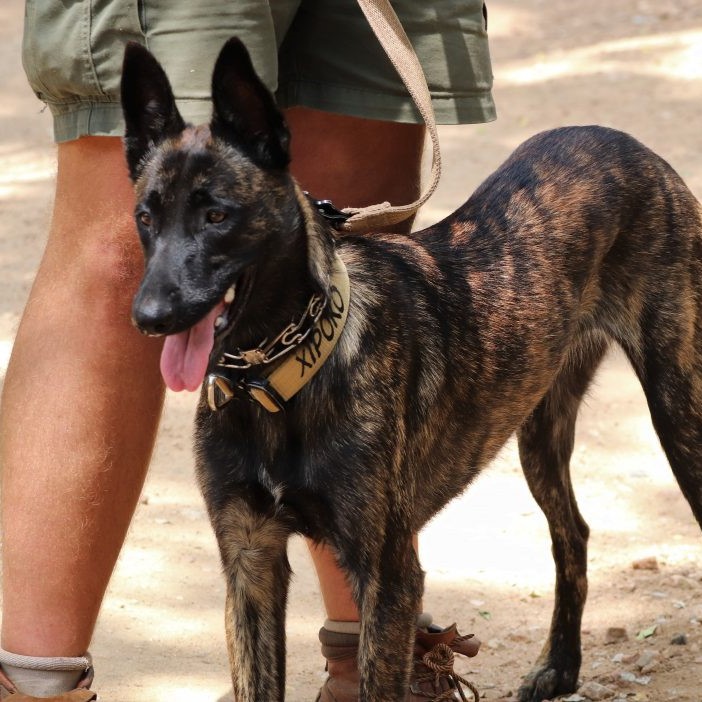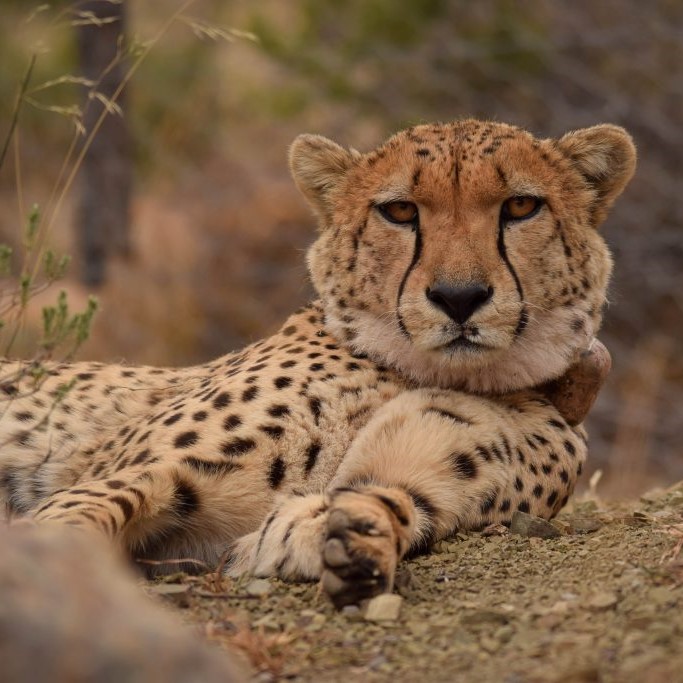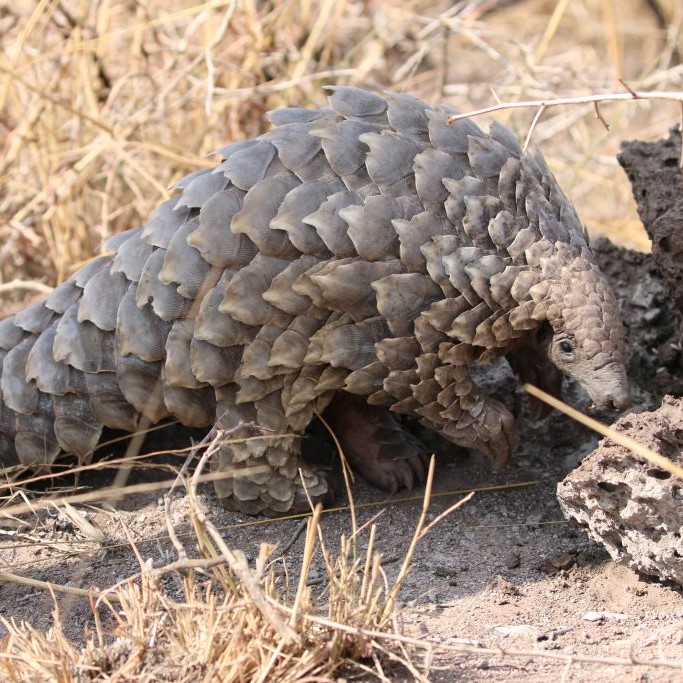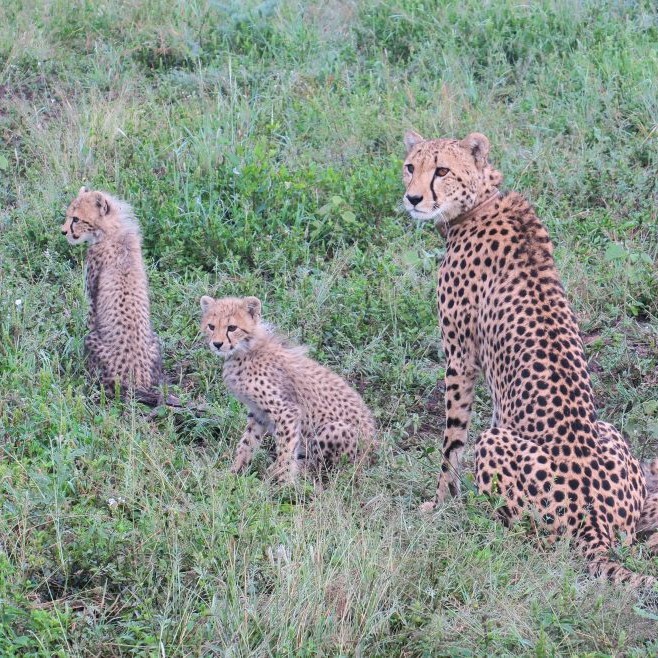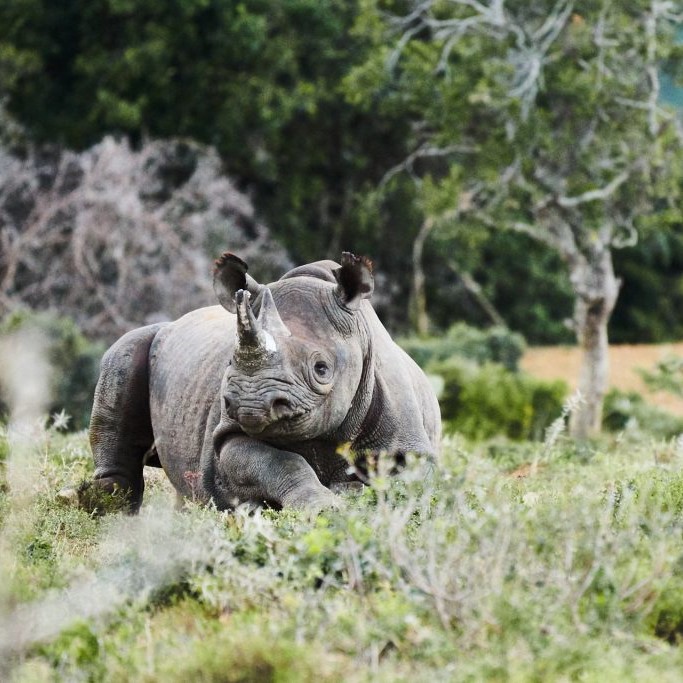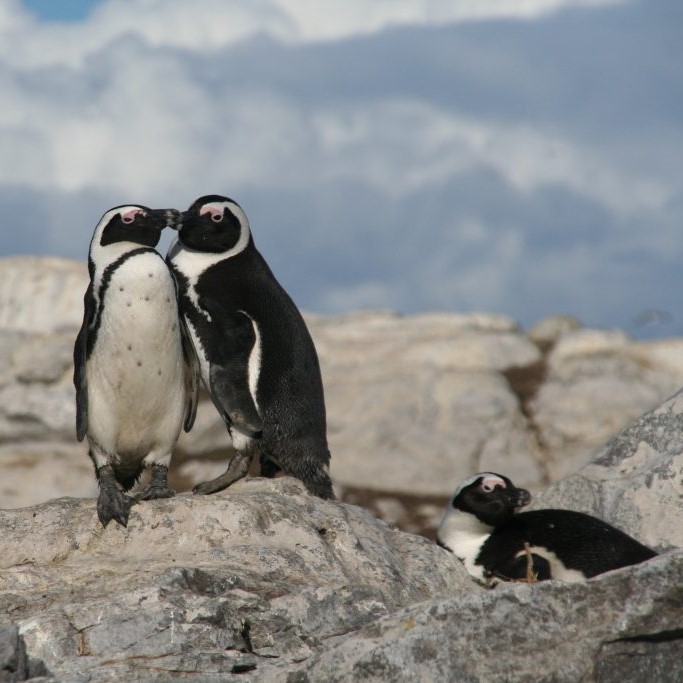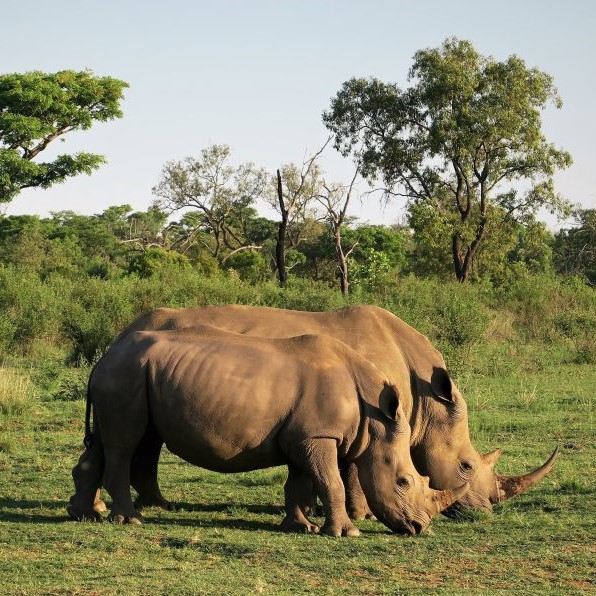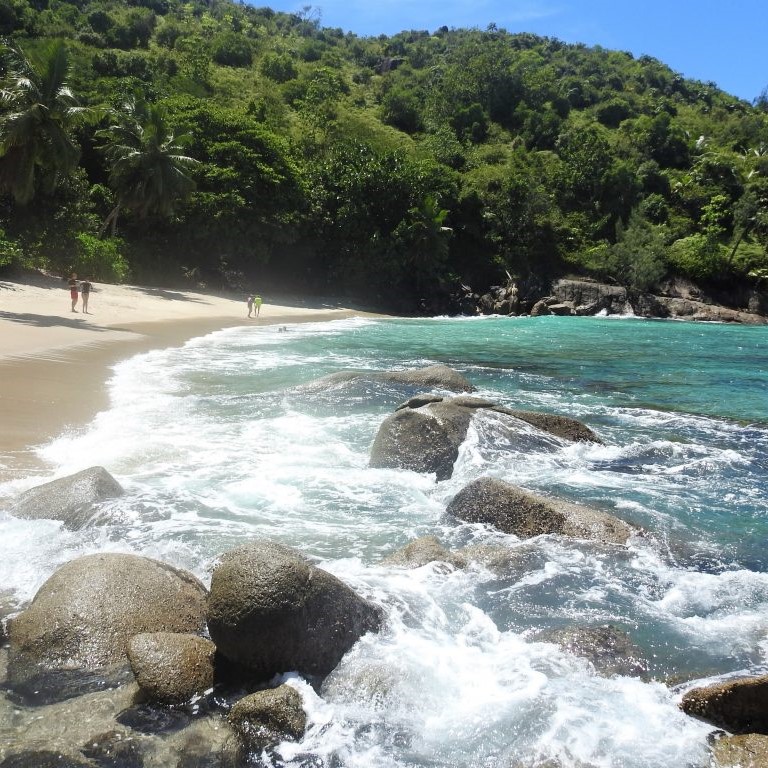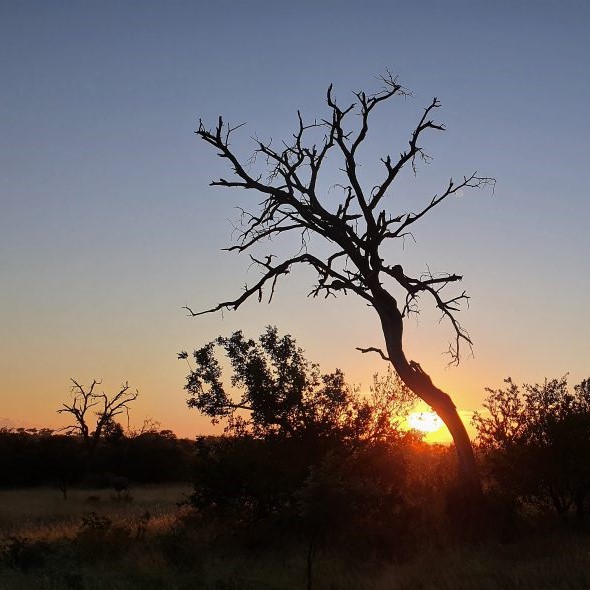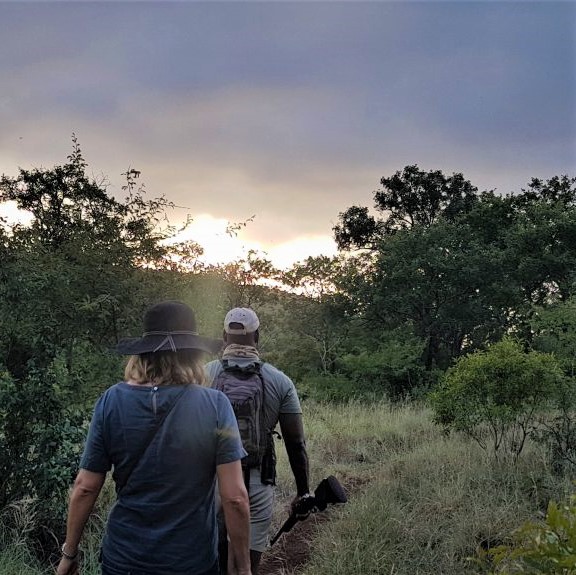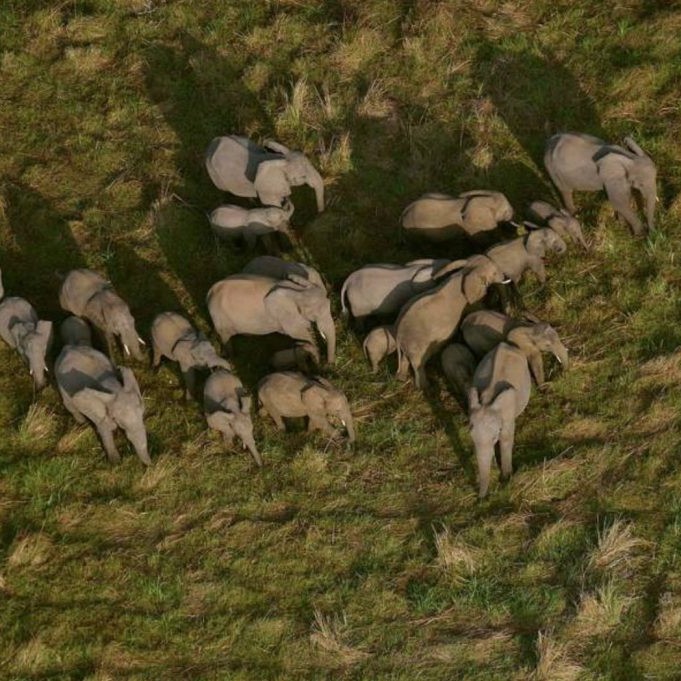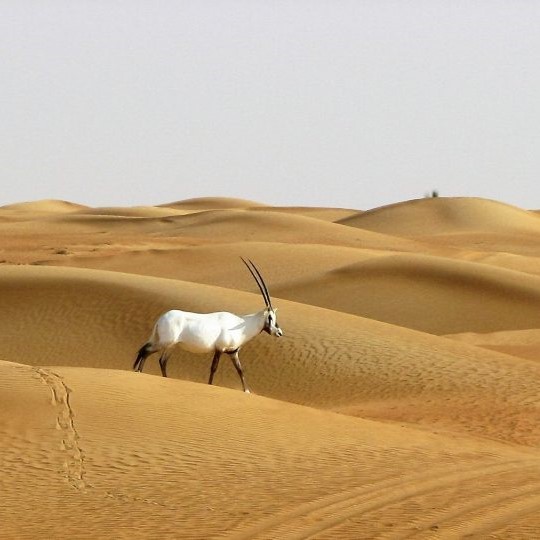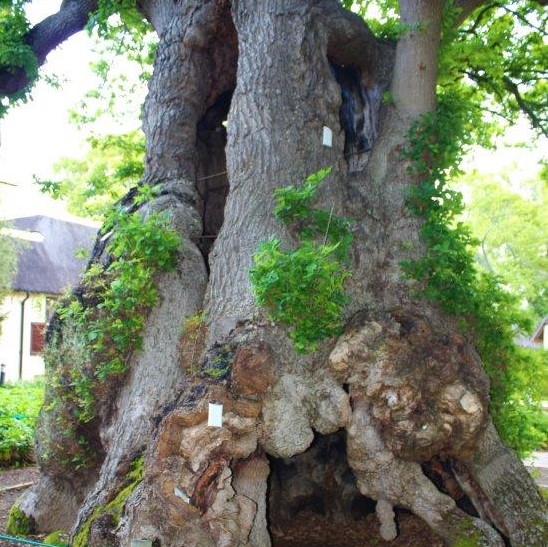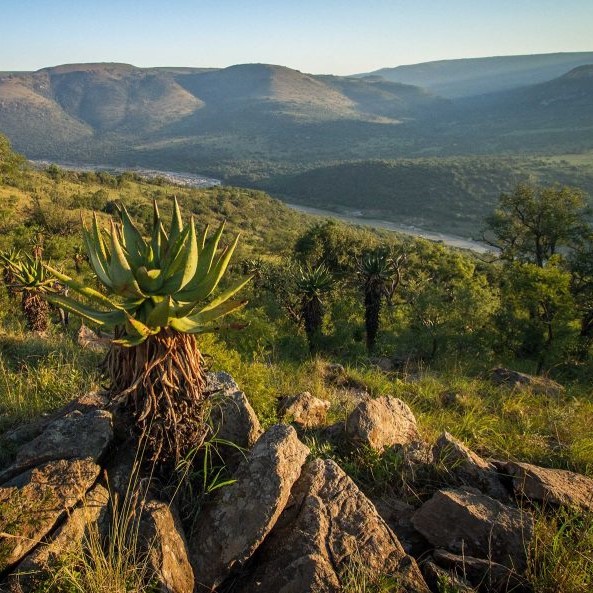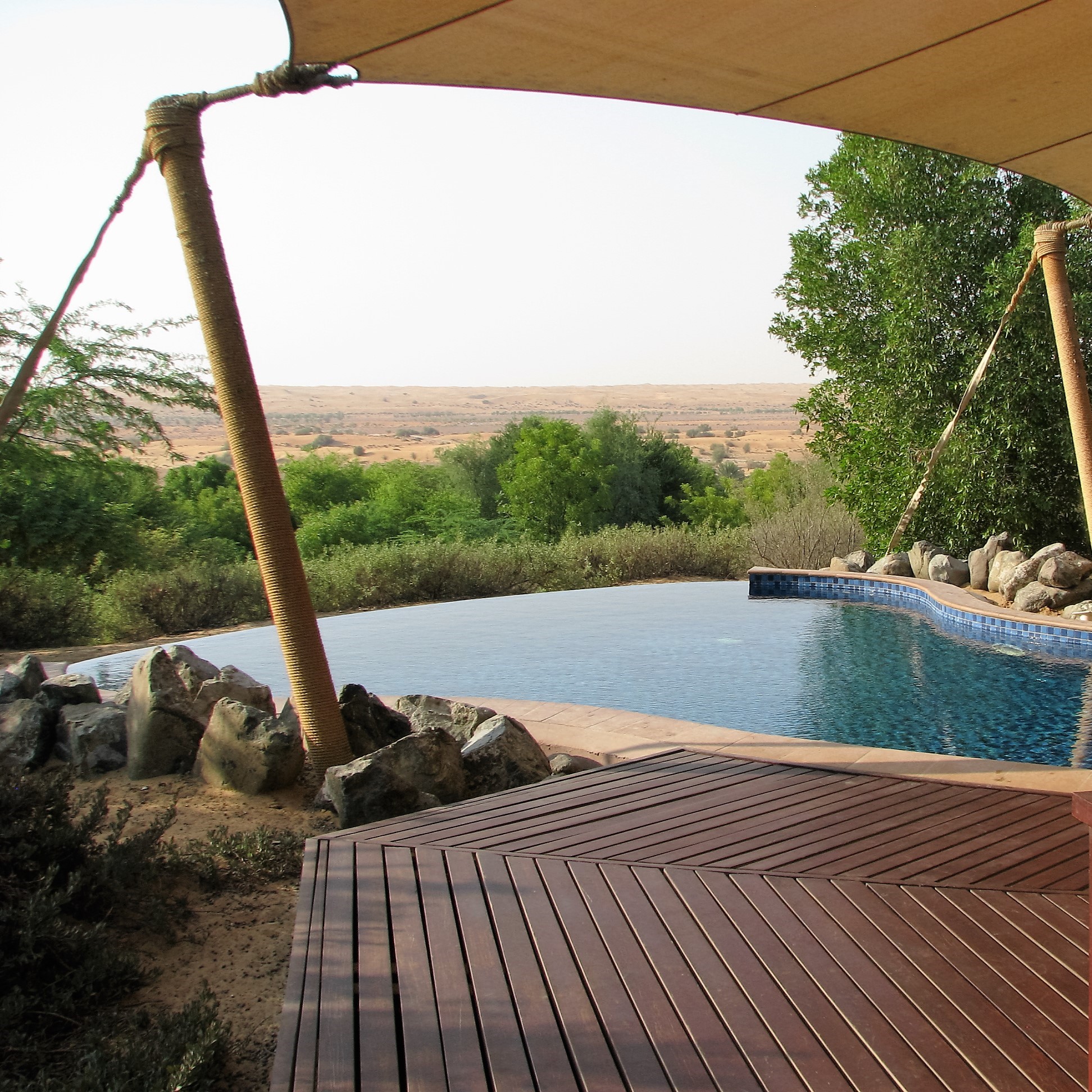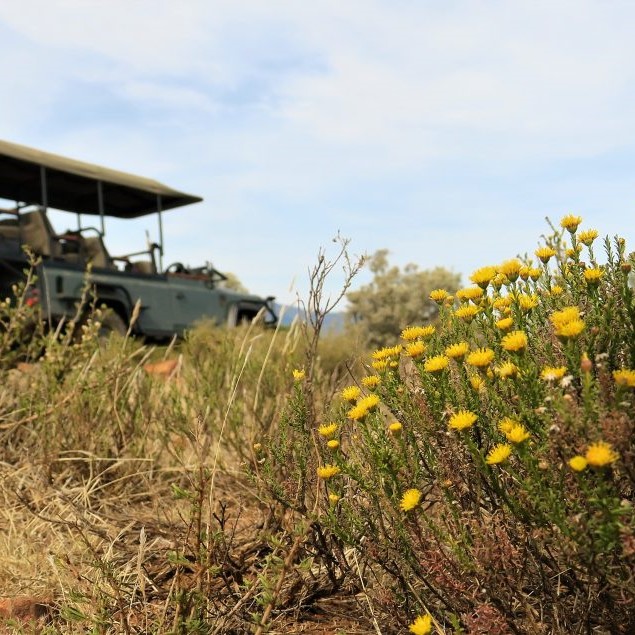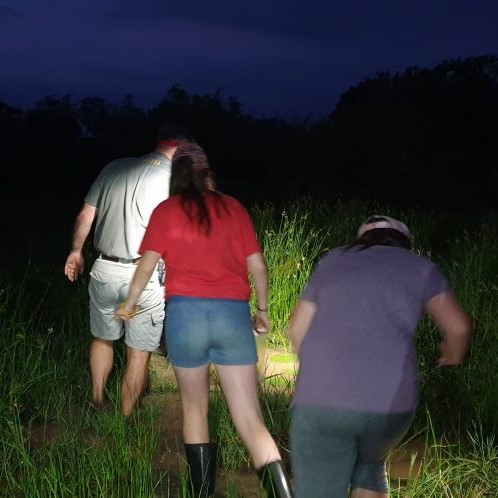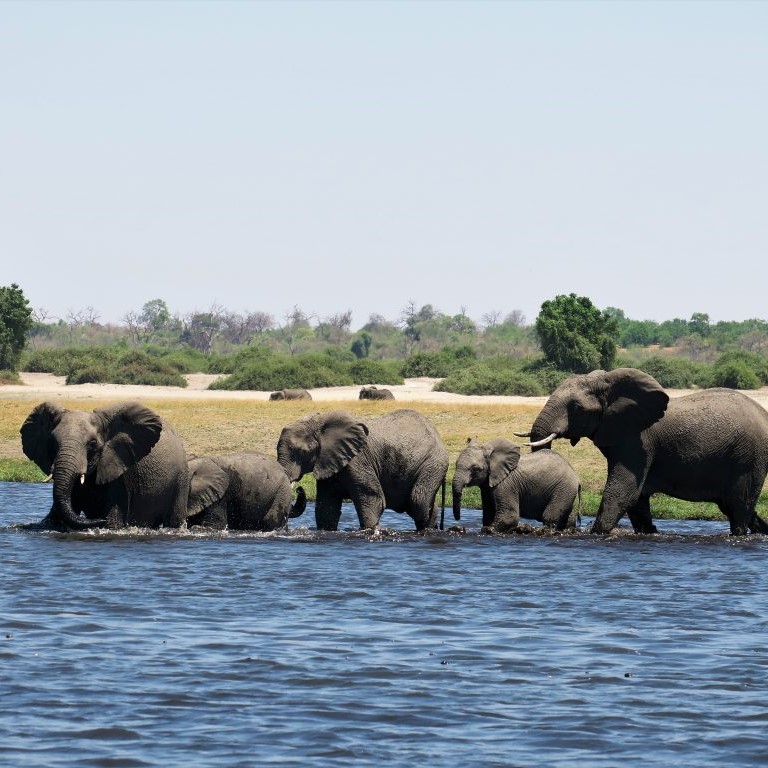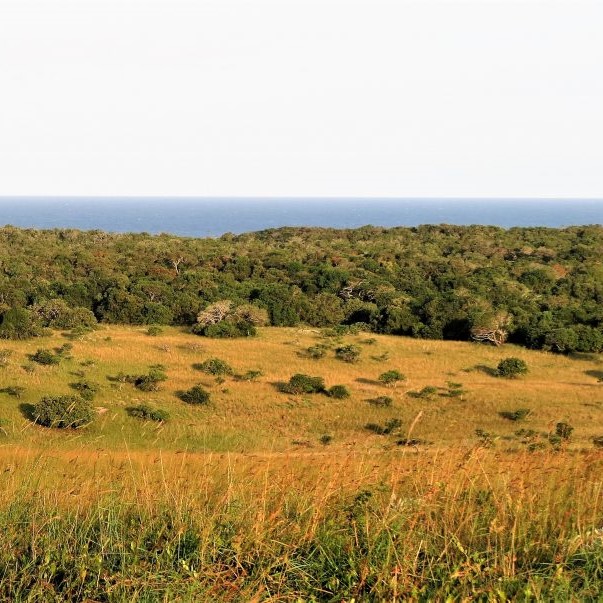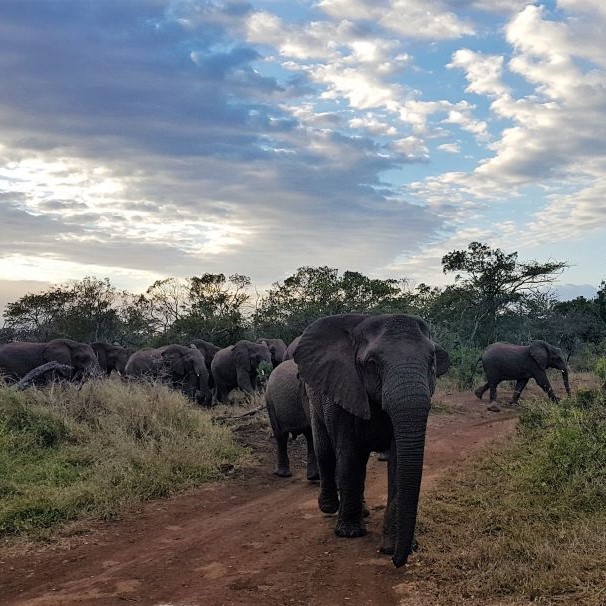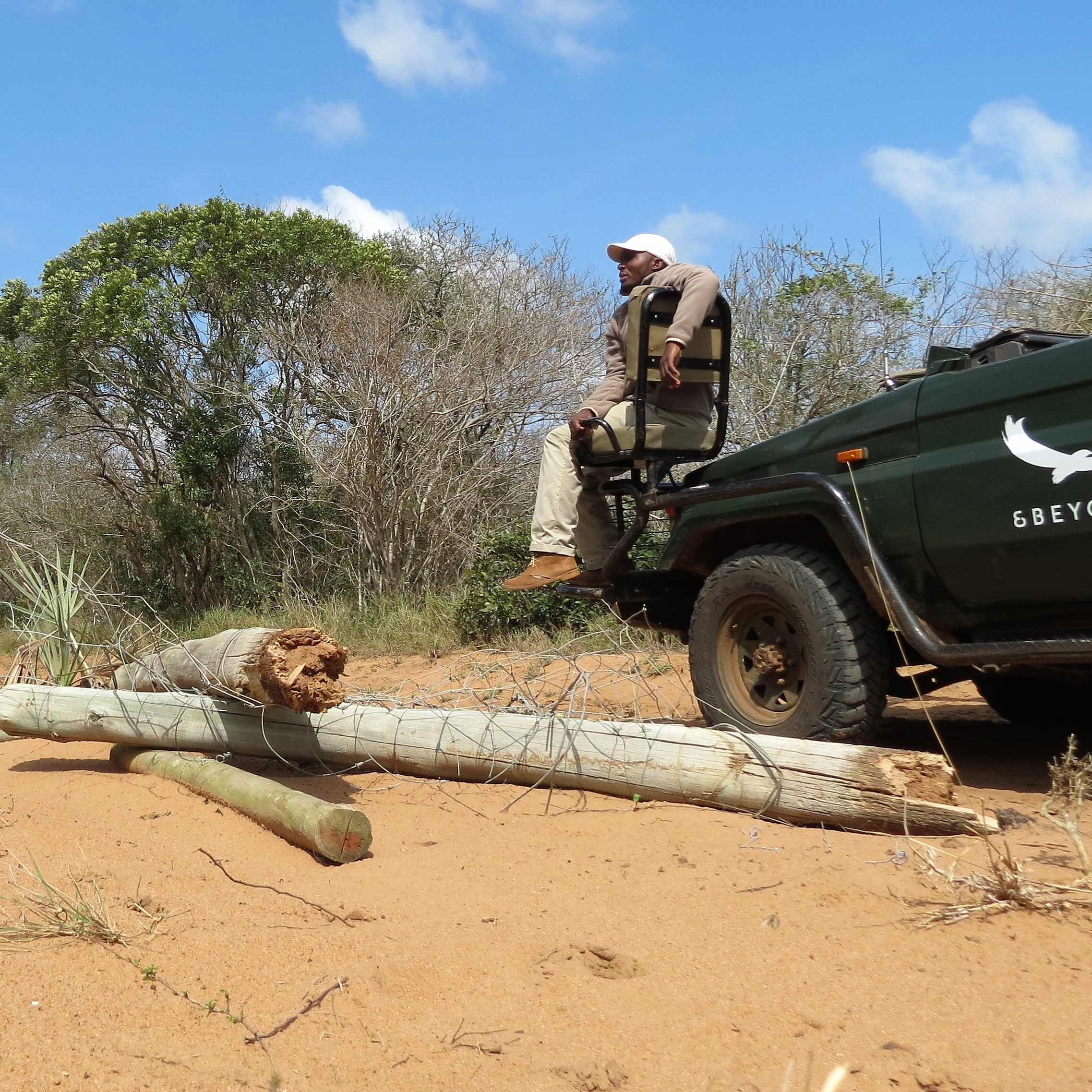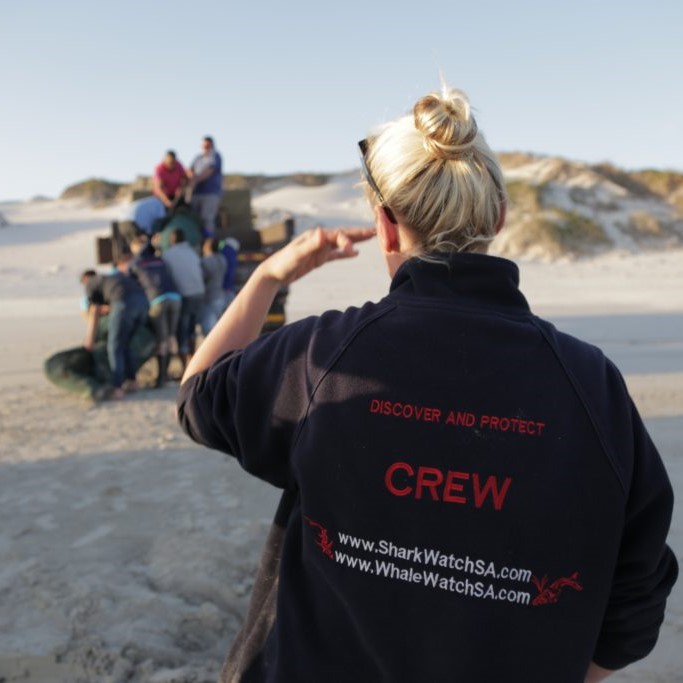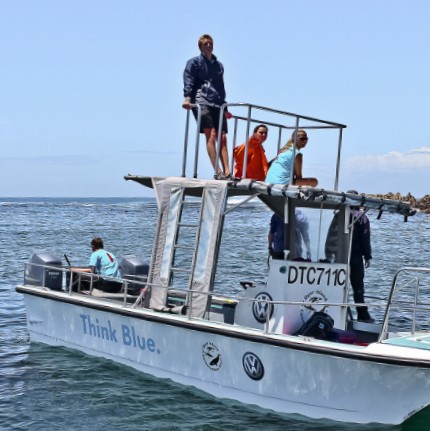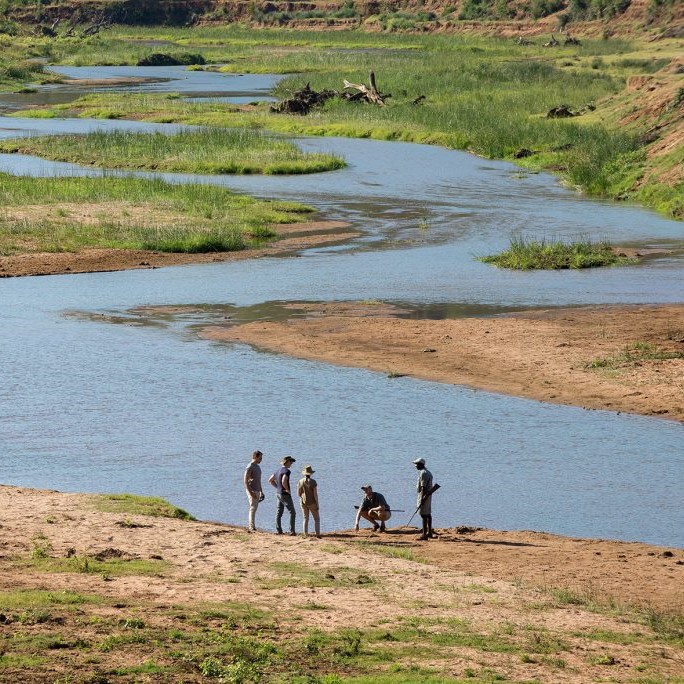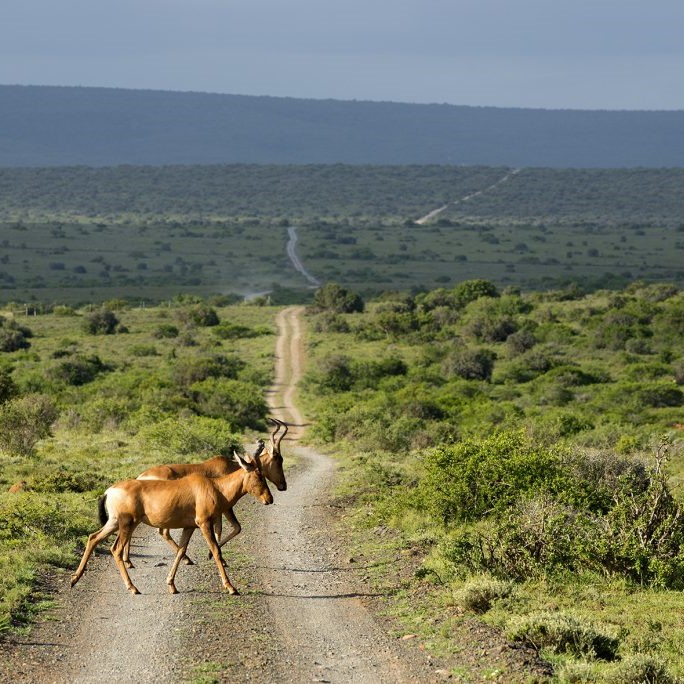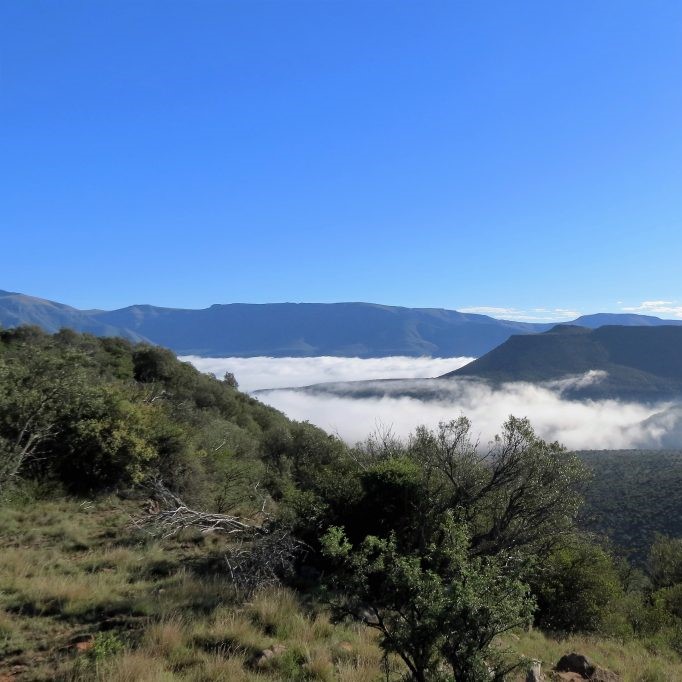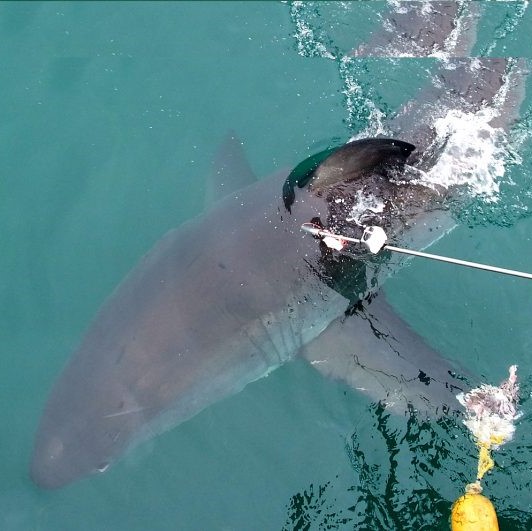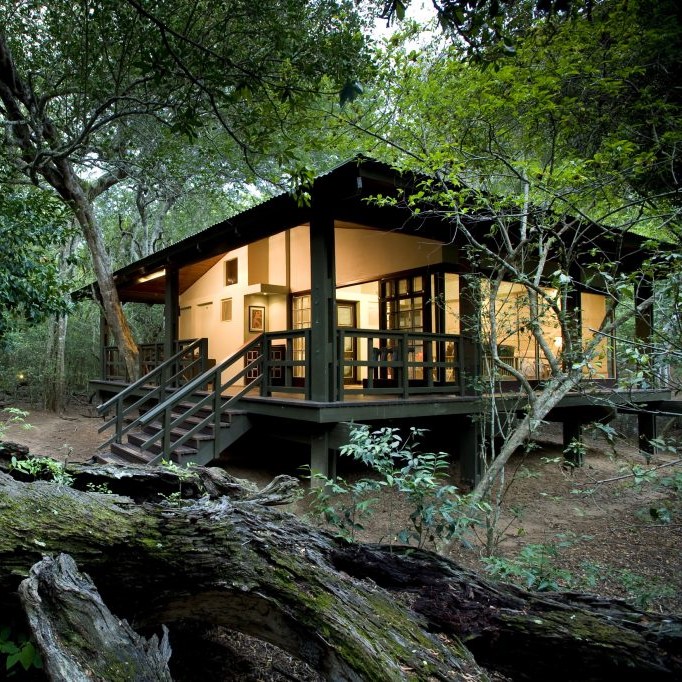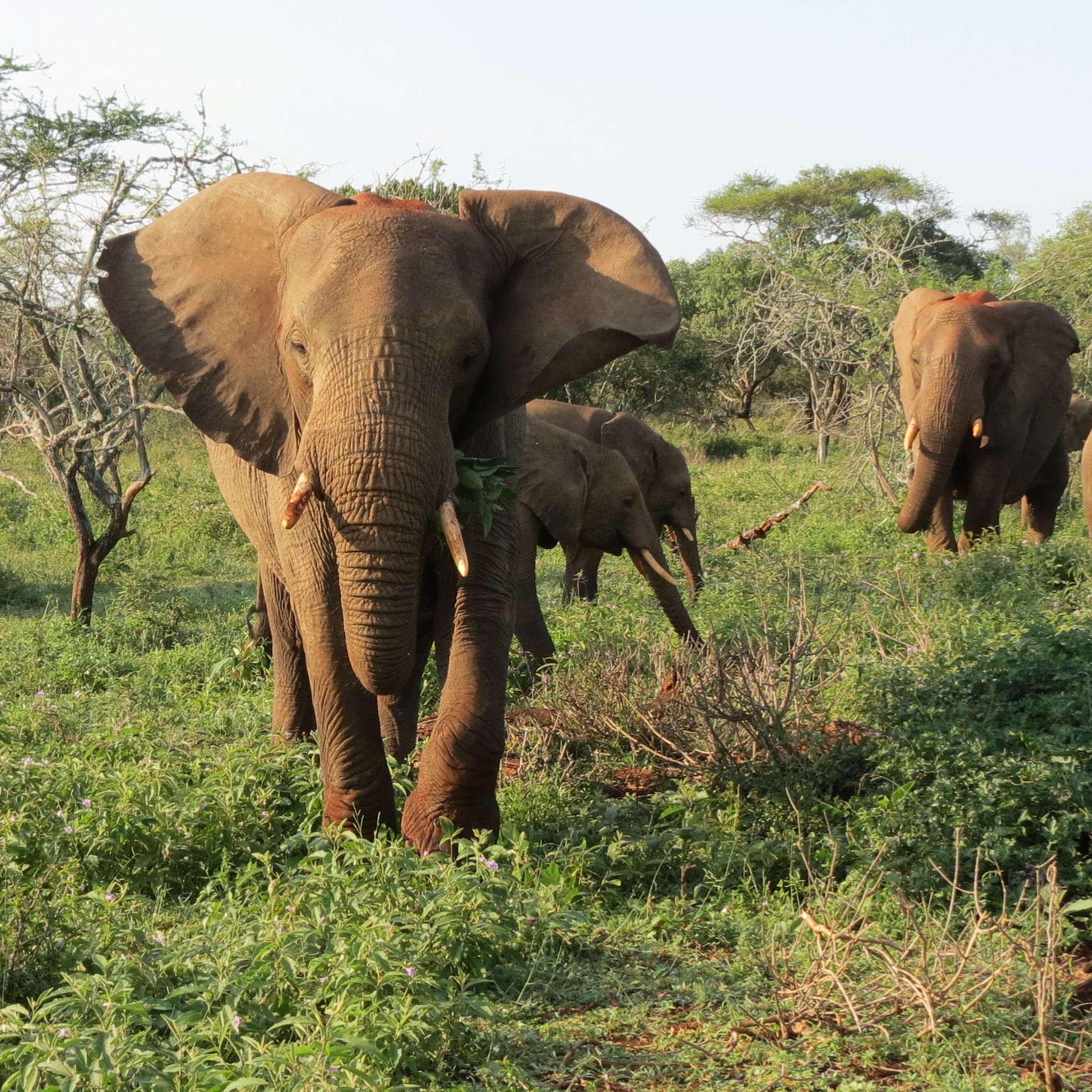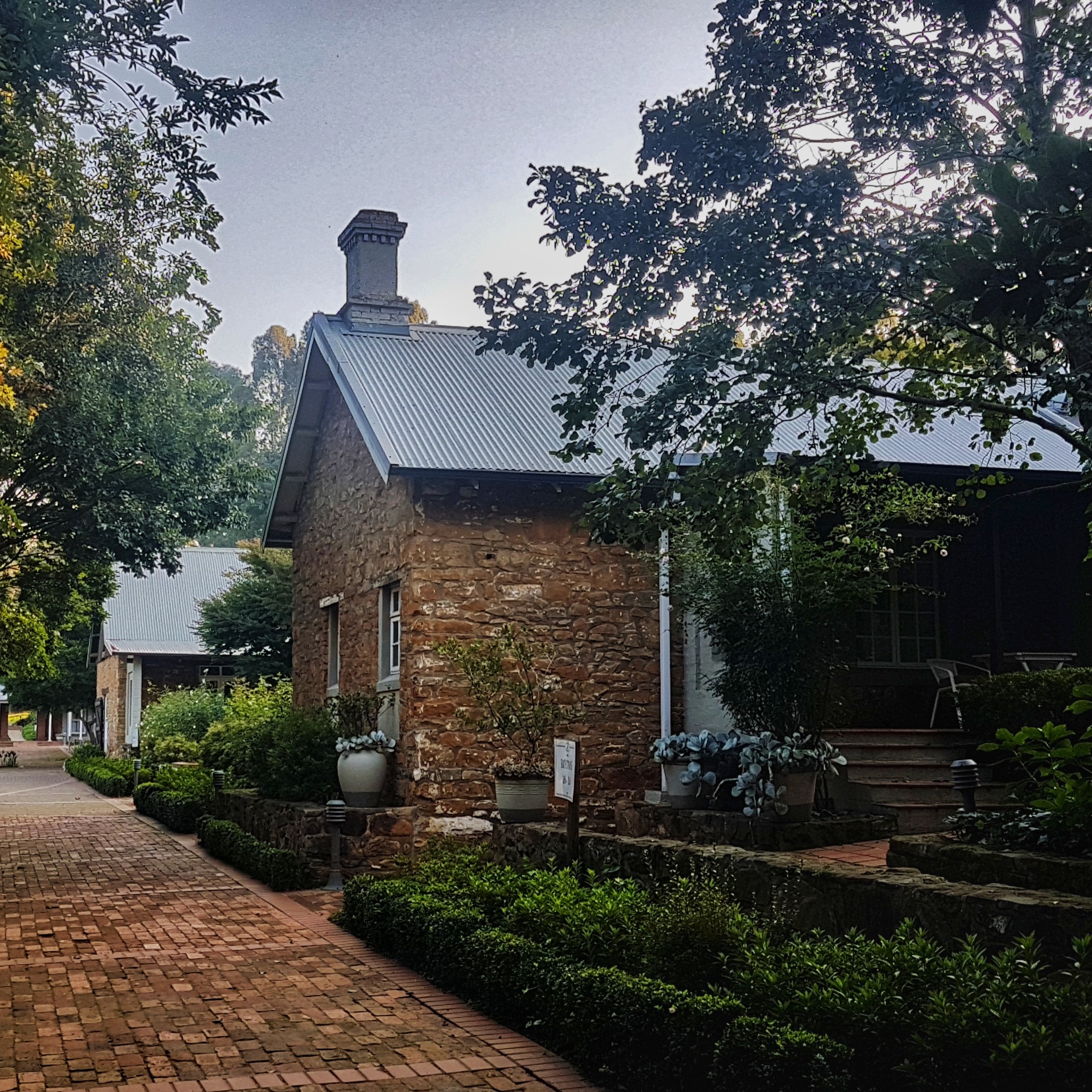There’s nothing better than watching a crash of white rhino grazing peacefully when on a game drive – an experience that is almost as at-risk as the very species being watched. Being relatively sedate and more social than their black rhino cousins, white rhino tend to be sitting ducks for poachers and under normal circumstances need an exceptionally secure environment to survive. Such as 24/7 surveillance, armed guards, K9 units, advanced technology, and bucket-loads of good fortune.

On a recent visit to Mhondoro Safari Lodge & Villa in the Welgevonden Game Reserve, I had the pleasure of chatting to General Manager Fritz Breytenbach over a glass of red wine during a boma dinner on a balmy evening with the night sky awash with stars. I mentioned the fabulous white rhino sightings on our earlier game drive and our conversation soon turned to the serious task of security and protection. Besides the obvious security measures (and I’m sure several that are a highly guarded secret), he said that at Welgevonden they take the approach of not only securing the reserve, but the greater community too.
“If you secure and stabilise the general community from any sort of safety issues, the crime rate is reduced,” says Fritz “sometimes we focus only on rhino, but that’s only one of the products that criminals are looking for, and we forget that crime is all an interconnected web.”
He goes on to explain that everything from petty crime to drugs and guns often lead to the organised crime of human trafficking and rhino poaching. “And if we can stop the minor crimes, we often then stop the escalation into the more serious ones” he says.
For a deeper understanding of this Fritz arranges for me to speak to Kassie Knoetze, Welgevonden’s Reaction Manager.
Kassie tells me that their approach has always been to focus on ‘the outside’, starting with supporting their five local police stations – which incidentally are the five safest in the Limpopo region, which he says is due to the good efforts of not only the community members but the SAPS officials that are working with them. “Our approach is to make sure we join hands and collaborate with people who have the same vision as us ensuring that we focus, not only on rhino poaching, but crime in general.”
Welgevonden has played an important part in initiating security initiatives in the Waterberg area and in partnership with SANParks have established the Greater Marakele Security Cluster (GMSC), an area of 220,000 hectares.
“Our holistic approach includes all within the GMSC allowing us to have a manageable approach in joint operations within the area. In any environment information is key, we believe that this will only elevate us and as technology evolves, we will evolve with it to have the best approaches and understand our risk and react accordingly,” says Kassie.
One aspect of this initiative is the implementation of boom gates on all the roads leading to, and from, Welgevonden as well as all Parks adjacent to them, including Marakele. This project is part of a governmental programme called the Expanded Public Works Programme whose aim is to provide employment in the area. Kassie tells me that through this programme they have employed several people to man their control points (with the help of access-control technology) – much needed employment that help to alleviate poverty in their surrounding communities.
I broach the subject of their other security, not sure if I will get a response…
“I have an excellent team that ensures that the inside of the reserve is secure, and then with the good collaboration we have outside the reserve we can prevent crime there as well” Kassie tells me. “We also try to keep up with technology and use this to assist us in achieving our dream of a crime-free are, not only with our rhino, but with all crime.”
There have been incredible advances in technology, to the point where it can almost be used to pre-determine areas of high risk so that resources are deployed into these areas effectively, rather than waste manpower in areas where there is little to no risk. “But as much as technology has its uses, we can never replace the boots on the ground,” he emphasises.
He tells me that in the last five years there have only been three incidences of ‘crime in general’. Clearly this approach is working.
With all the stress about not posting pictures on social media and not talking about rhino success stories, I check with Kassie where I stand with this. Can I tell this story, or not?
“Any person searching the web for ‘Big 5 game reserve’ will obviously have knowledge that there must be some rhino on that reserve when it’s known as a Big 5 Reserve” he says, “we actually promote these kind of success stories to assist other reserves and we are also open to learning from the experiences of other reserves as well”.
In between game drives, scrumptious meals, and luxurious spa treatments I manage to pin Fritz down to discuss their environmental initiatives. We walk and talk our way past an extensive solar system – he tells me that they are now off-grid, I hear about their water conservation efforts and their local procurement policy and the reserve’s general conservation efforts (read more here – https://www.welgevonden.org/the-reserve/ ). Inevitably though the conversation veers back to rhino and the fantastic sightings white rhino we have had…
Fritz tells me that in 2015 when the African rhino poaching crisis was at its worst and widespread action to save the rhino was called for, Welgevonden saw an opportunity to provide a sanctuary for rhino from other properties, who could perhaps not afford the exorbitant security costs that accompanied the poaching risk. This led to the development of Welgevonden’s Rhino Husbandry Programme.
“This programme enables rhino owners to move their animals to Welgevonden, where they would be safer and better protected from poaching but would still belong to the original owners”, says Fritz, “and any calves born through this agreement would belong to both Welgevonden and the owners, in equal partnership”.
This mutually beneficial relationship between the Reserve and the rhino owners has enabled Welgevonden to acquire what they refer to as ‘ecosystem engineers’ because as mega-herbivores, white rhino have the ability to create and maintain expanses of short grass, which is beneficial for other grazers. The added benefit is the conserving one of the most globally at-risk species.
Fritz tells me that the average population growth has been in the region of 16% annually between 2015 – 2019, when the introductions took place, with 2018 producing a record of ten calves born on Welgevonden in a single year. (Read more here – https://www.welgevonden.org/uncategorized/not-your-typical-refugees/ )
Out-the-box thinking that has resulted in a true conservation victory!
www.welgevonden.org www.mhondoro.com
Read about our fabulous safari experience at Mhondoro Safari Lodge & Villa HERE
Click HERE to read this in the latest Responsible Traveller Mag
